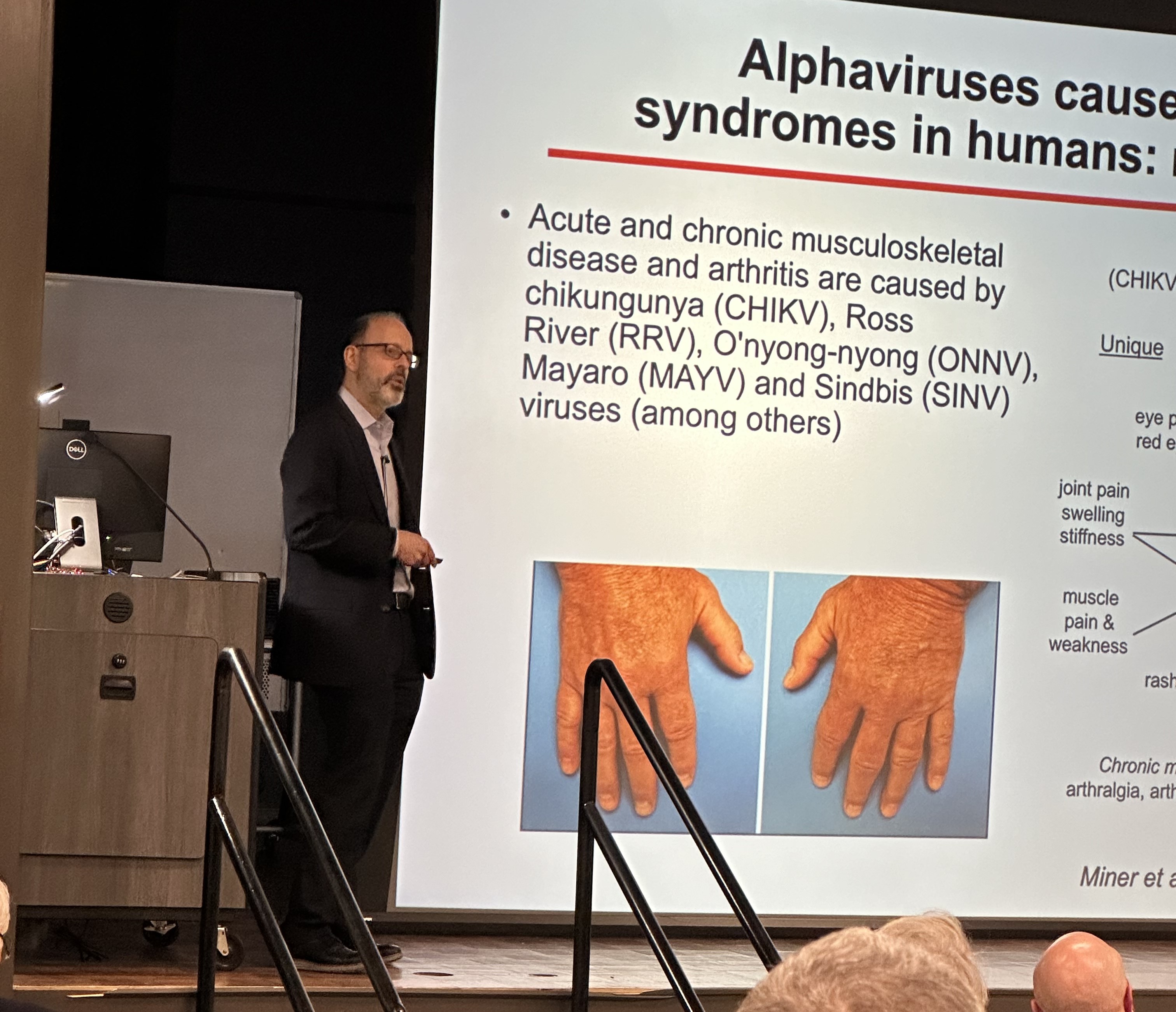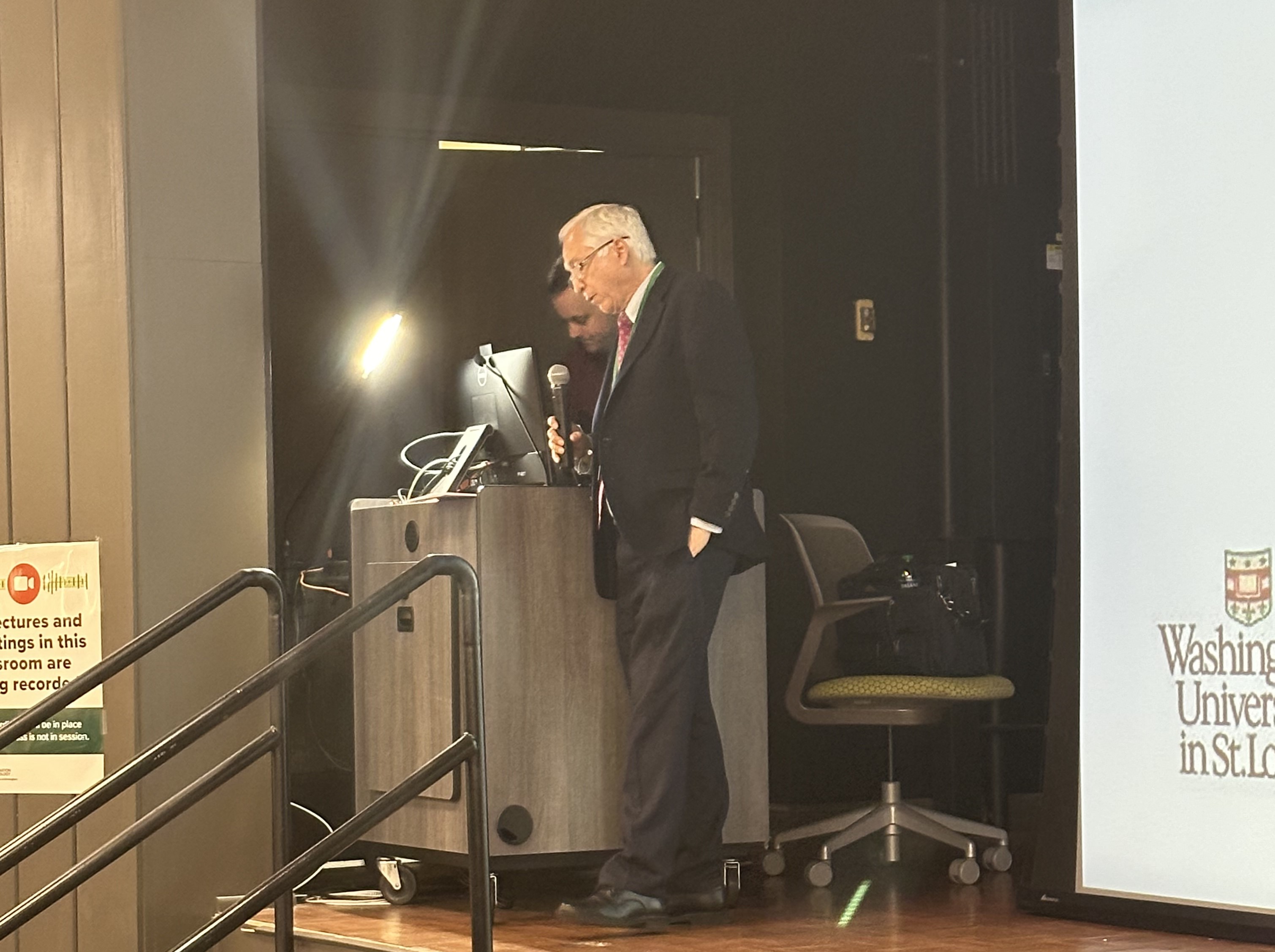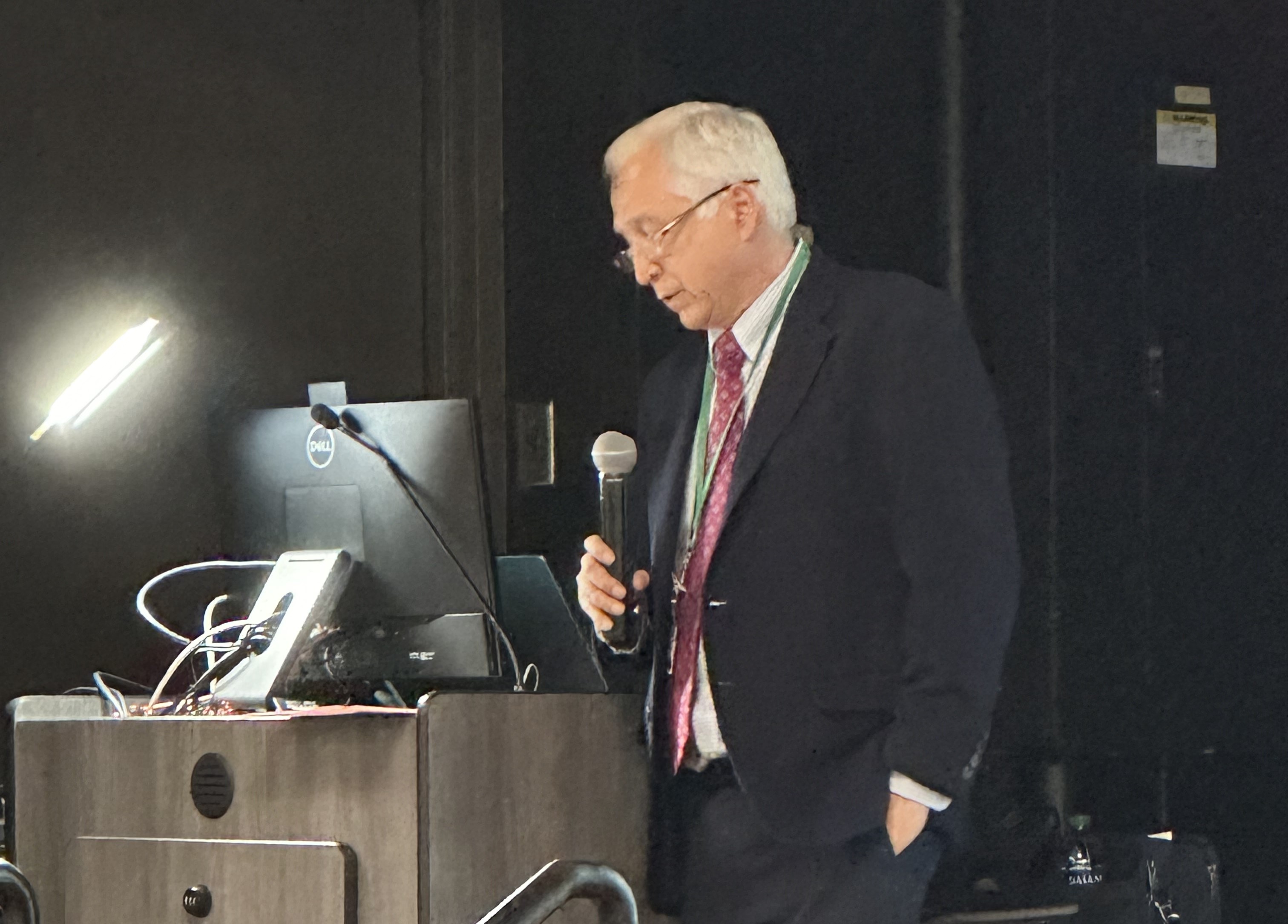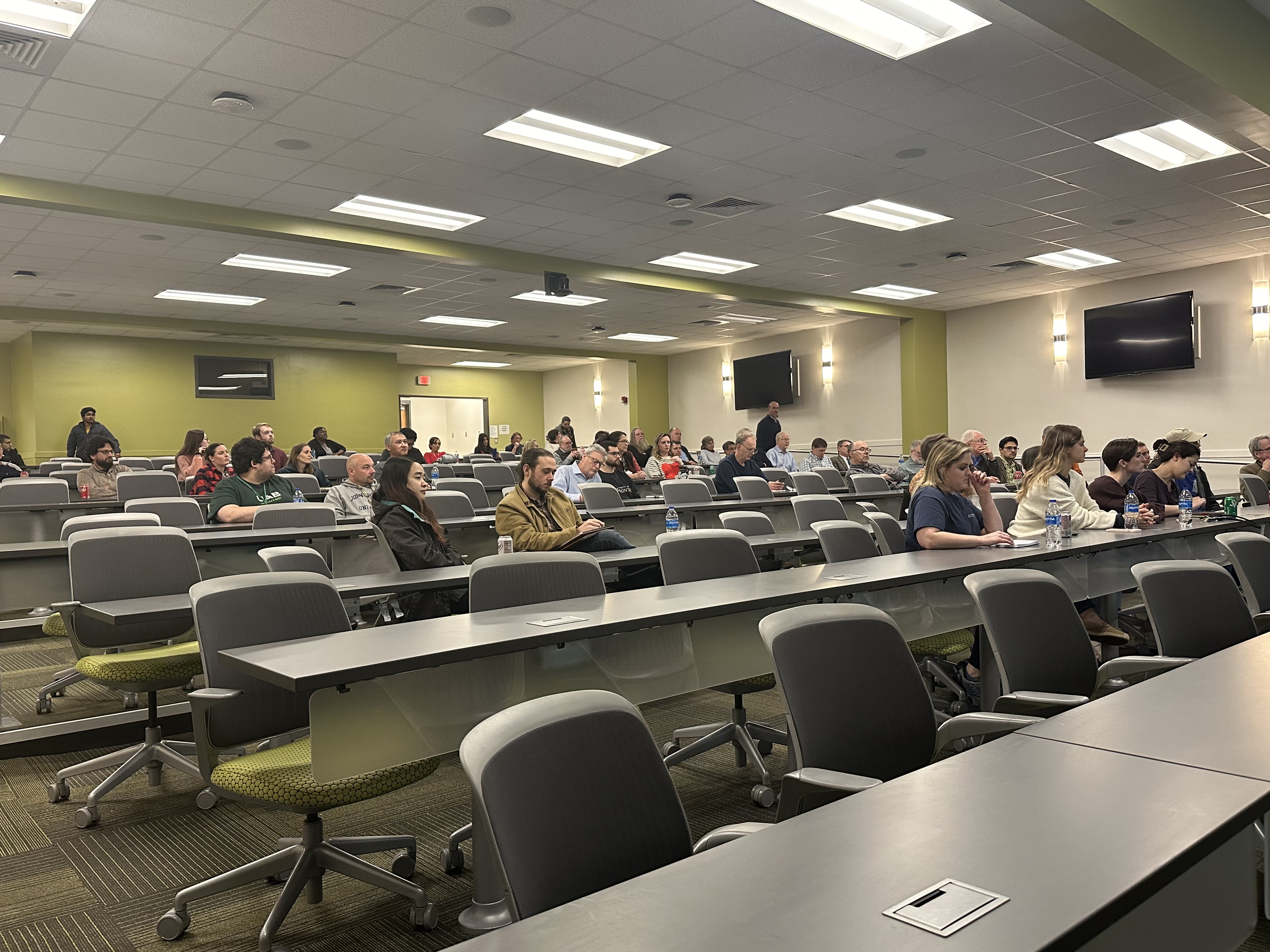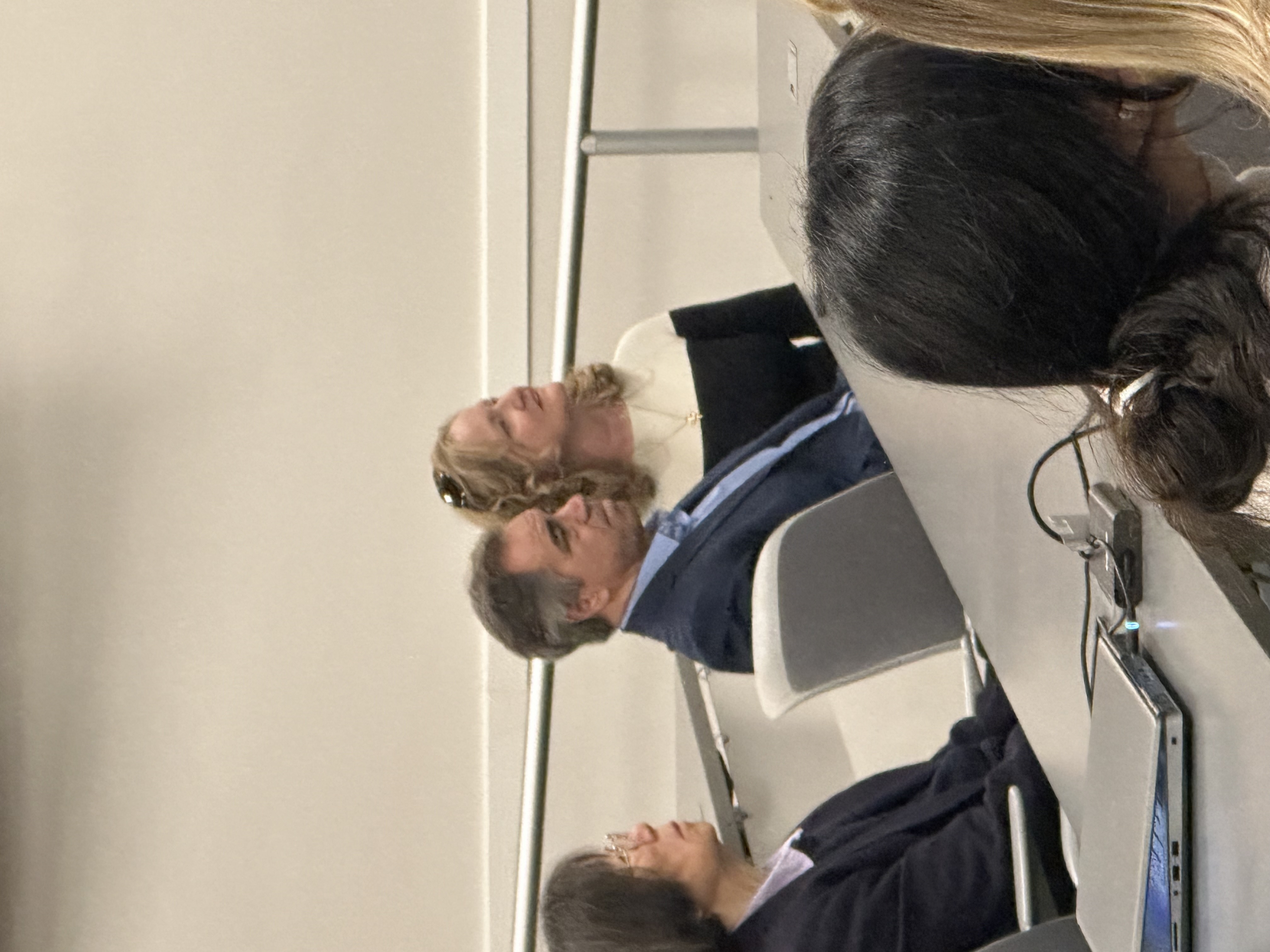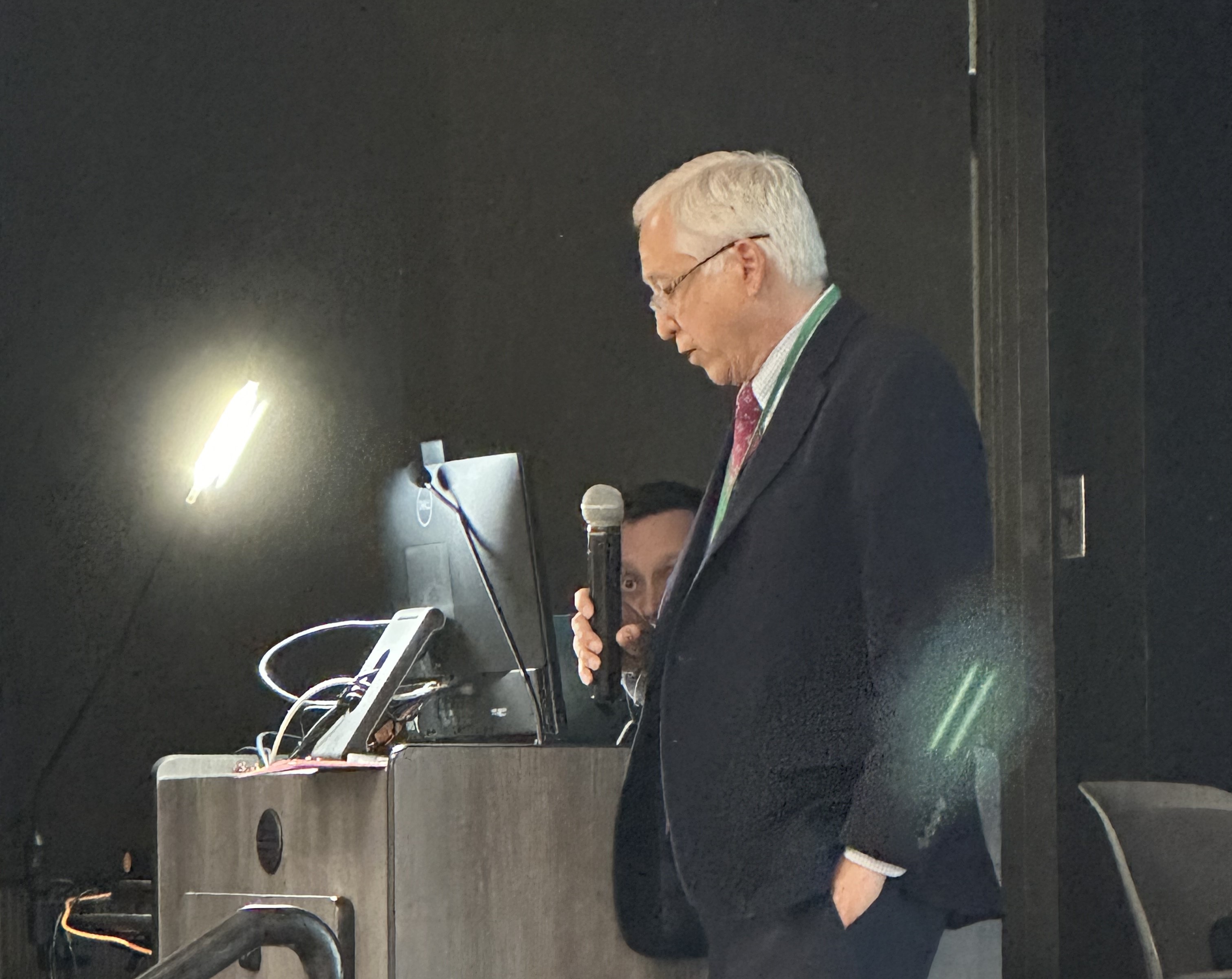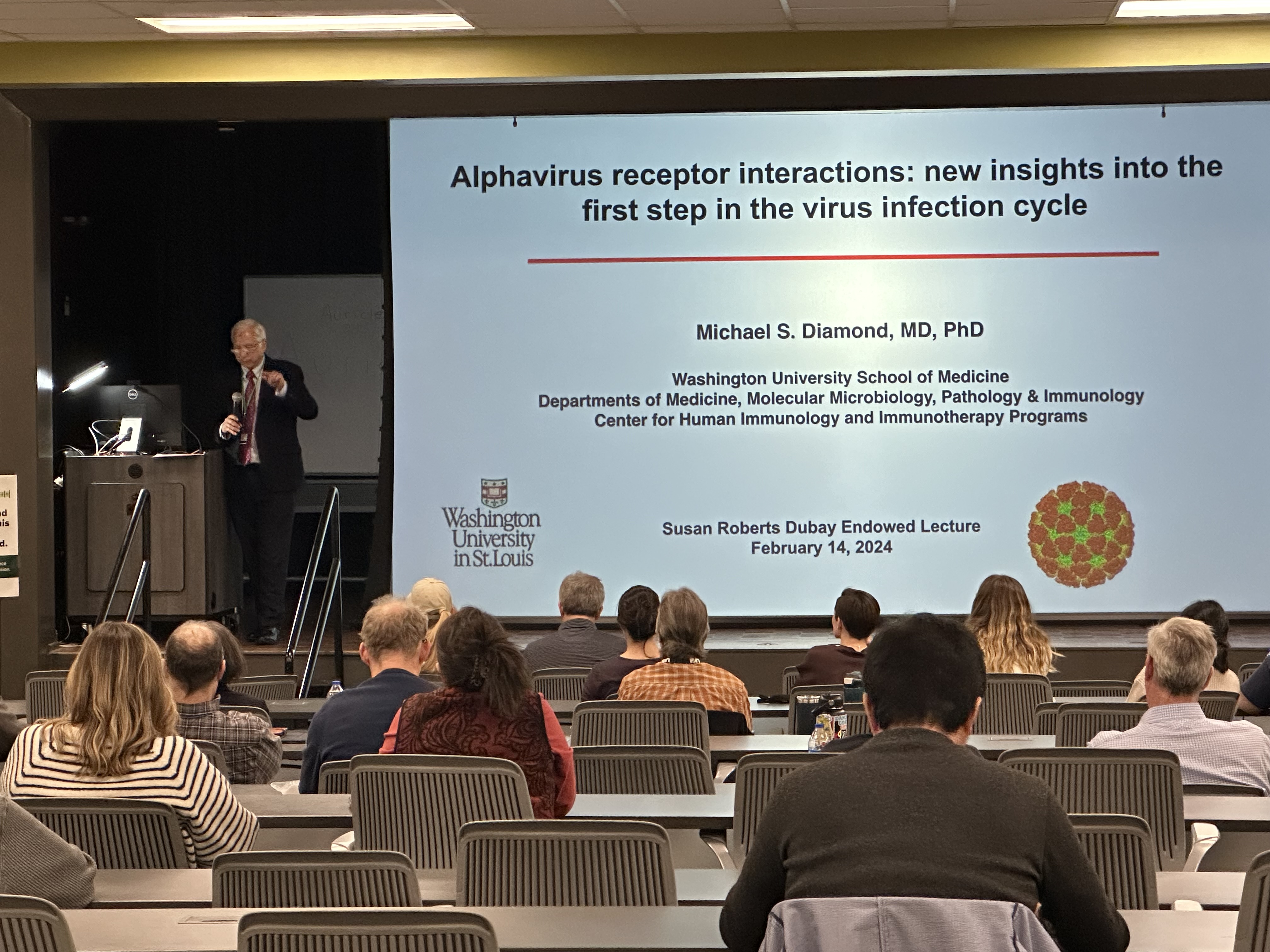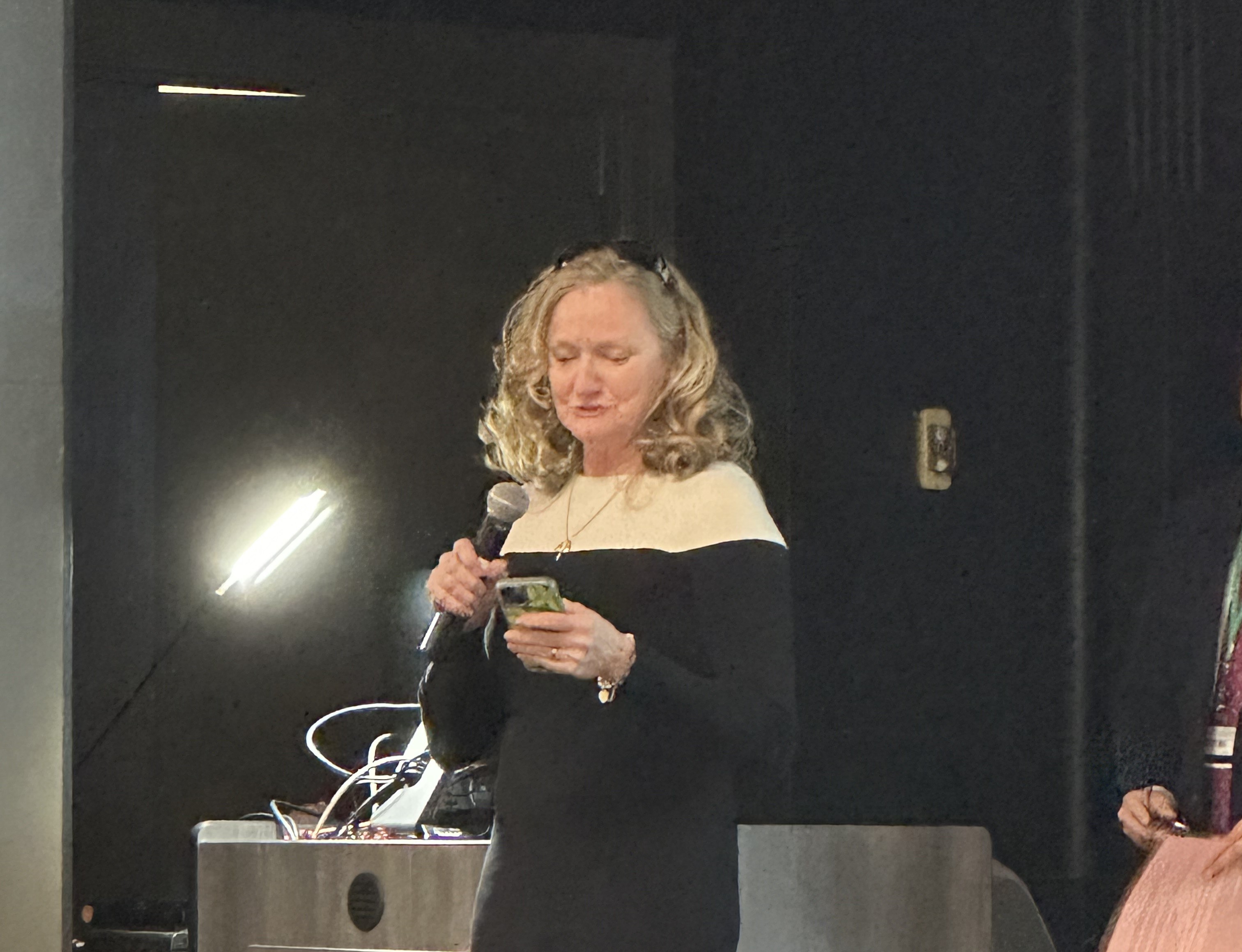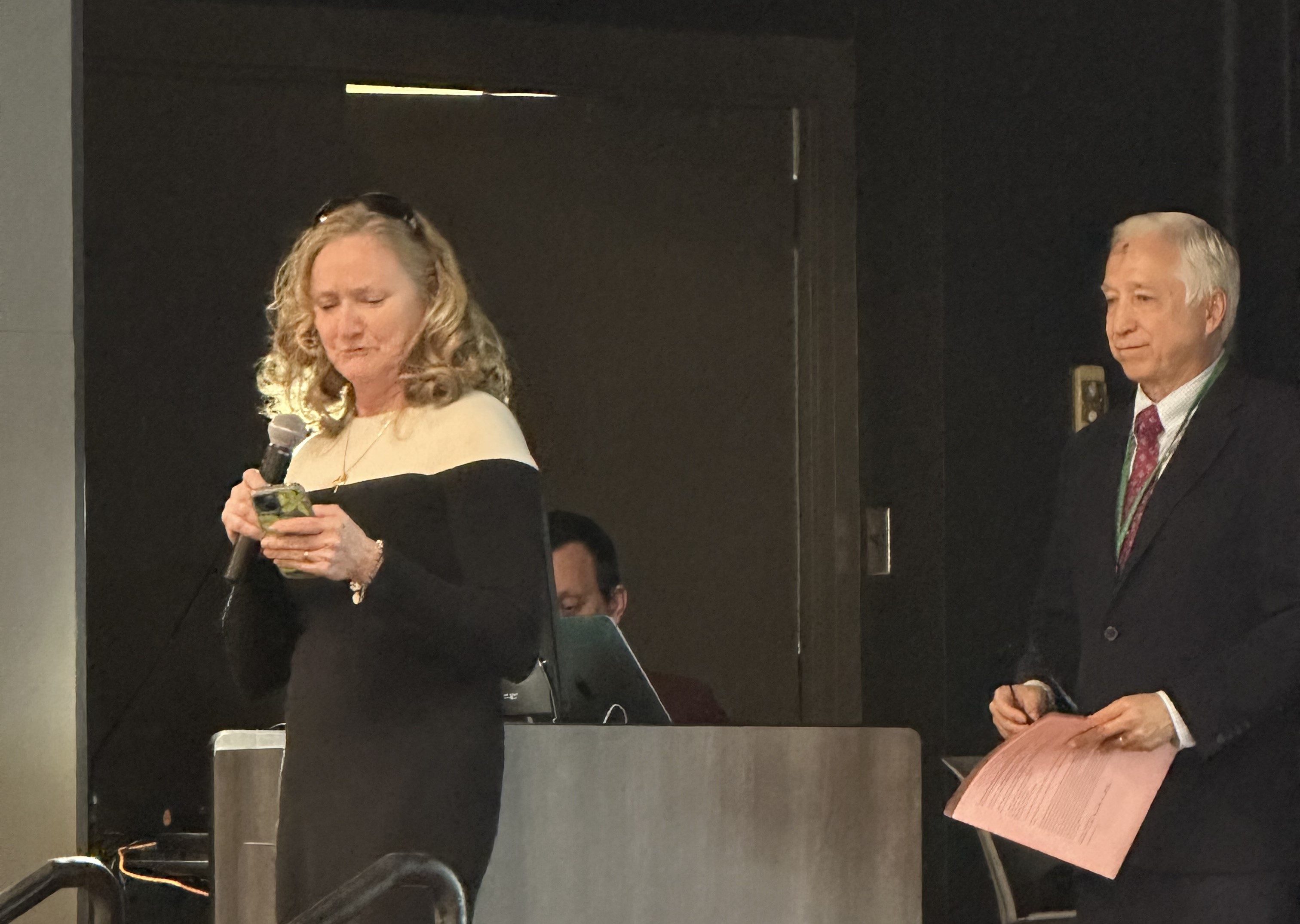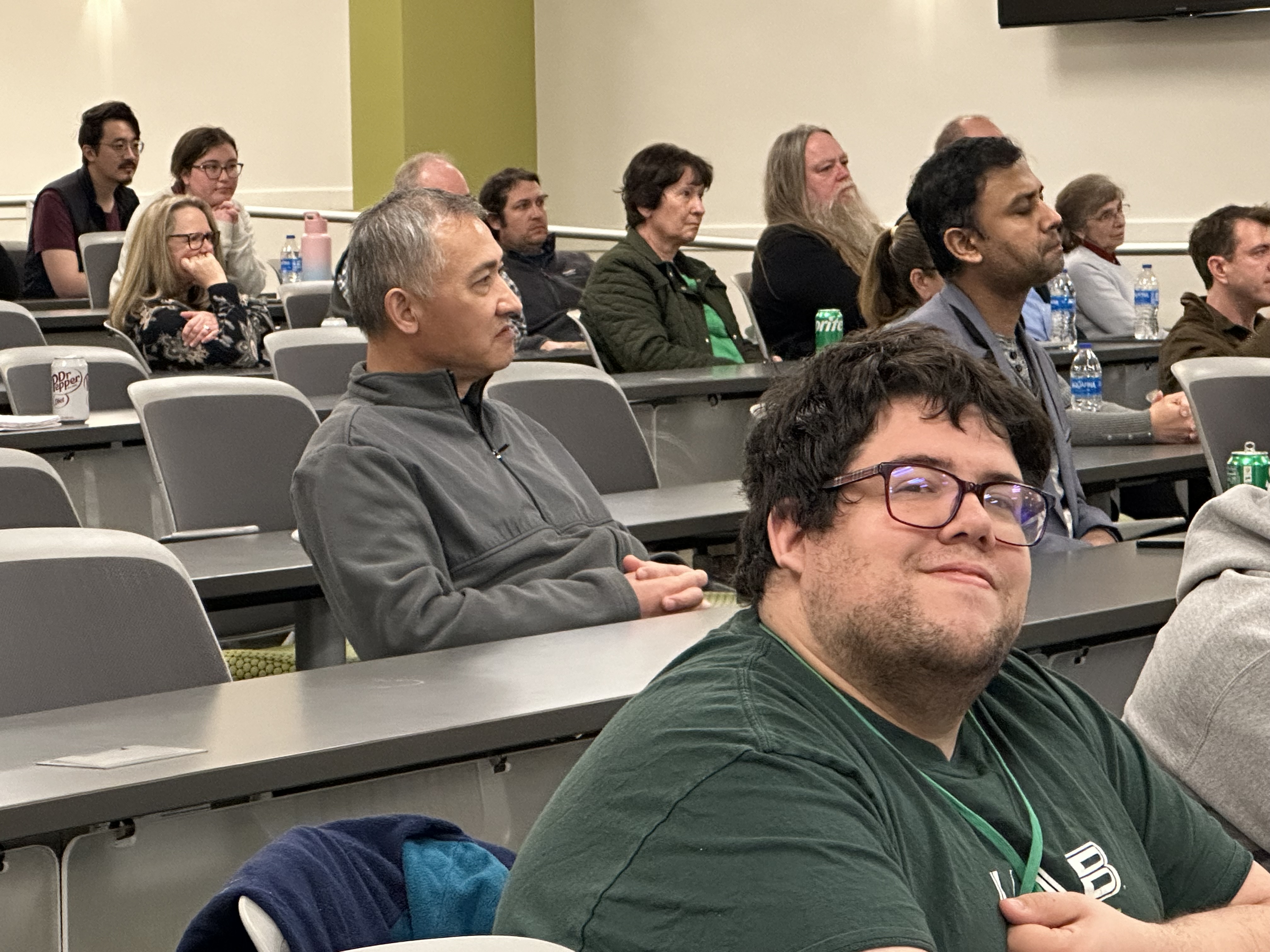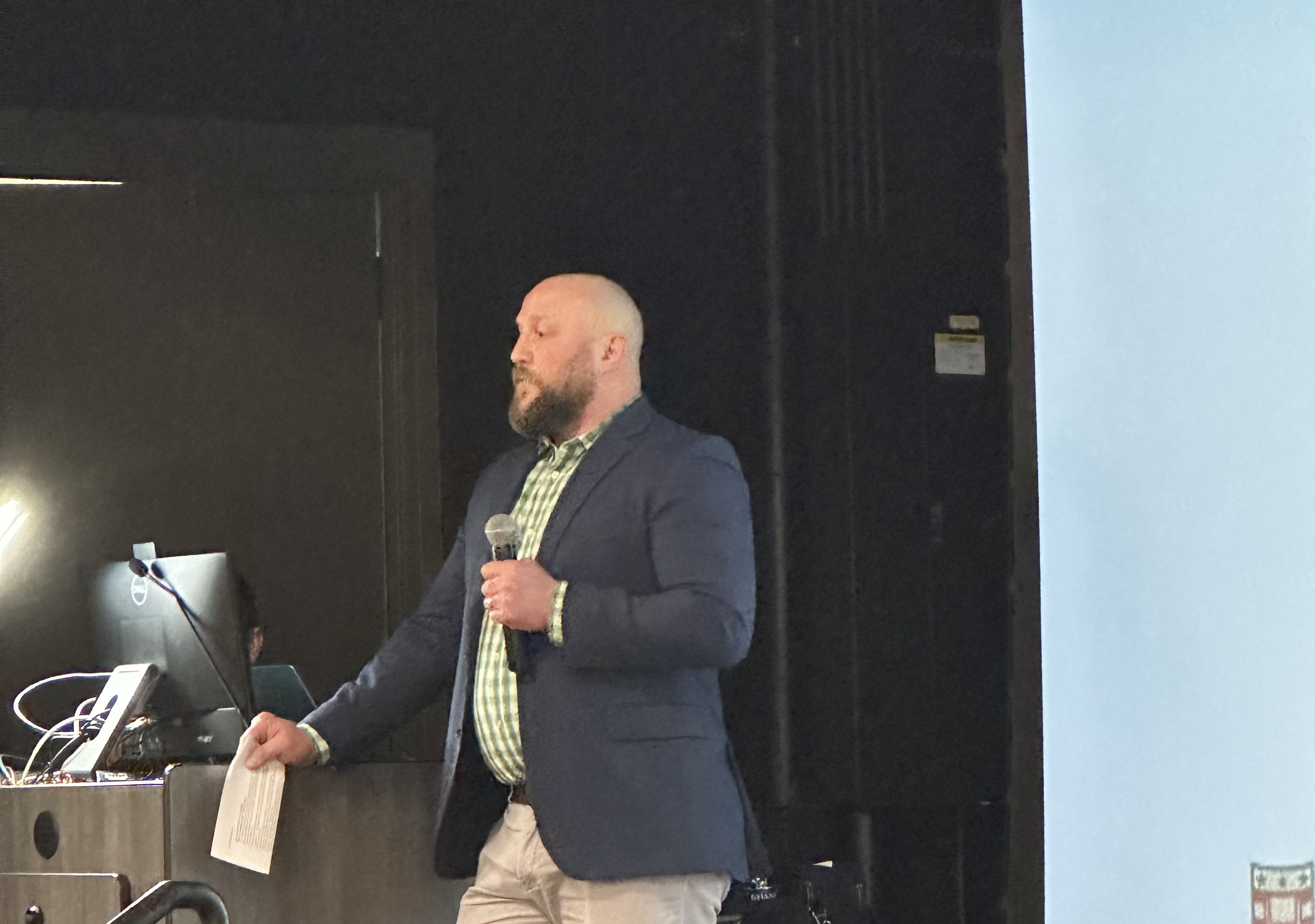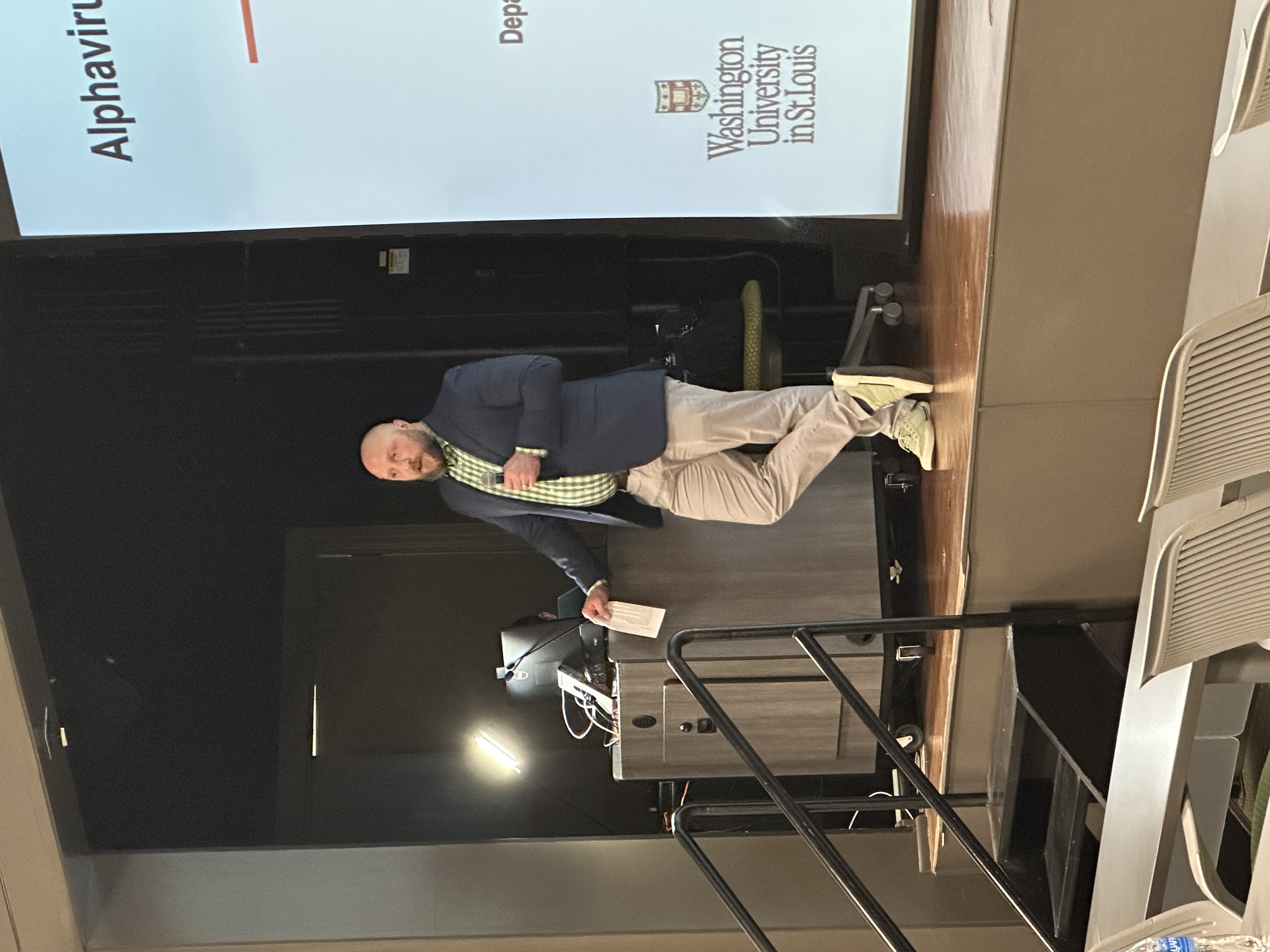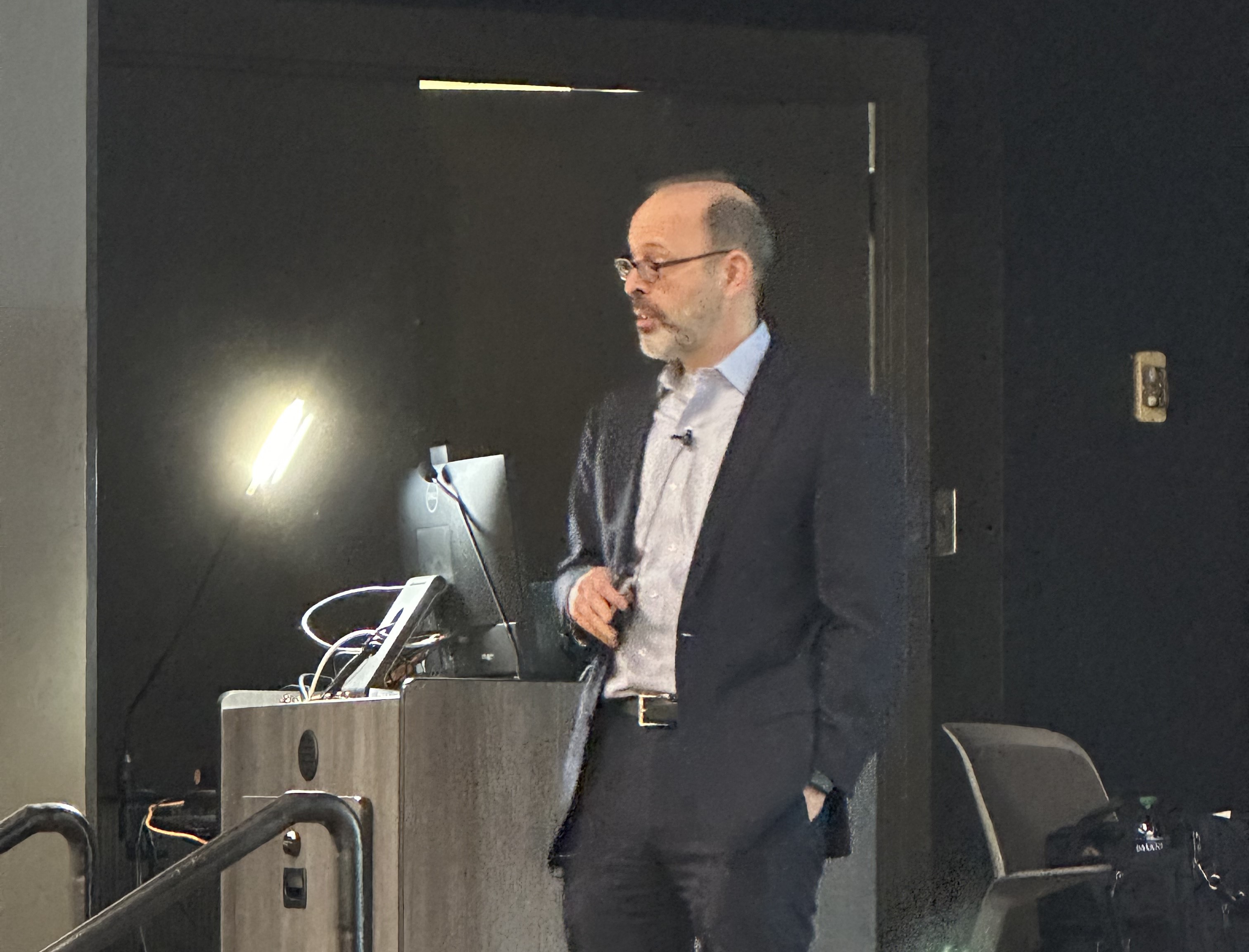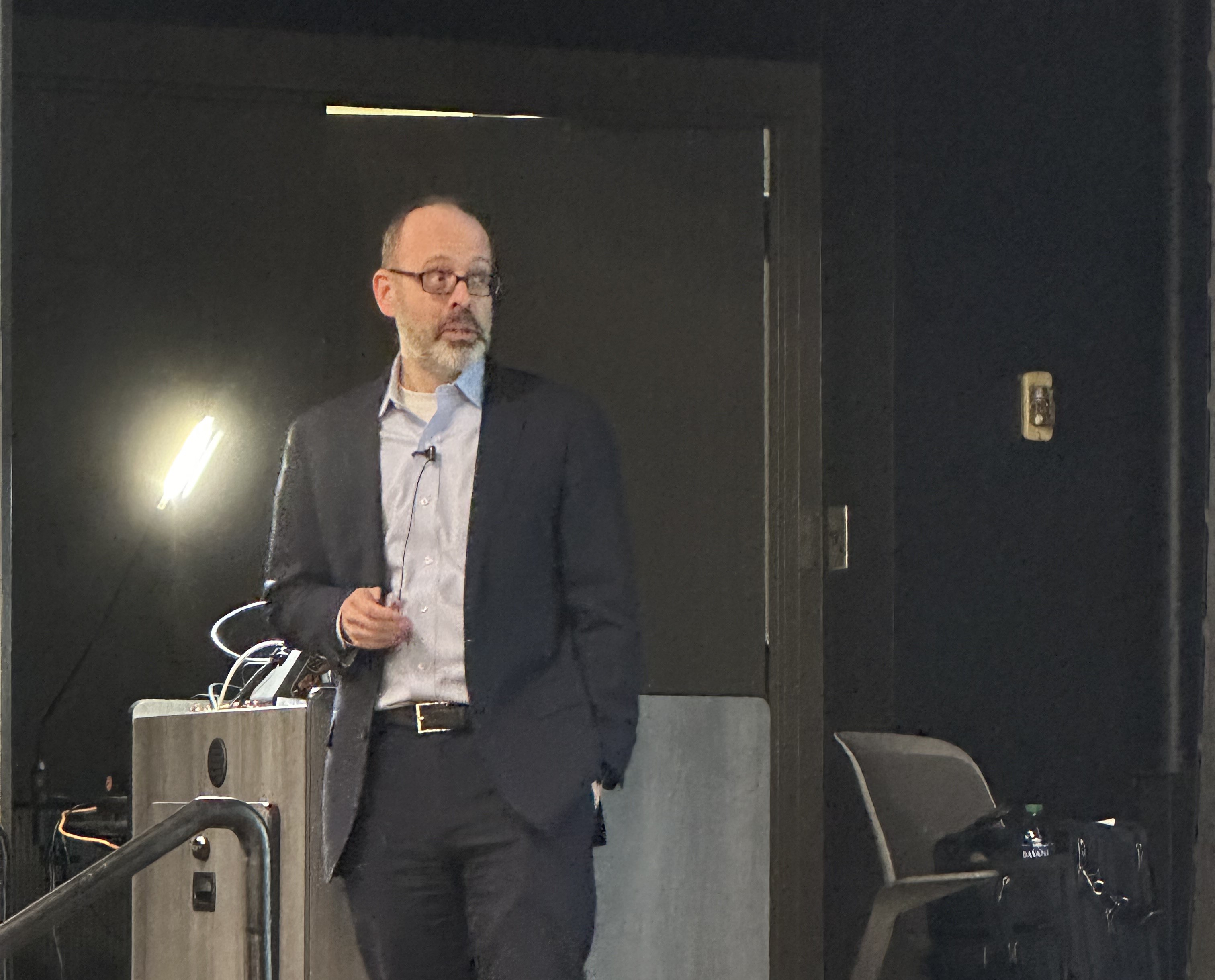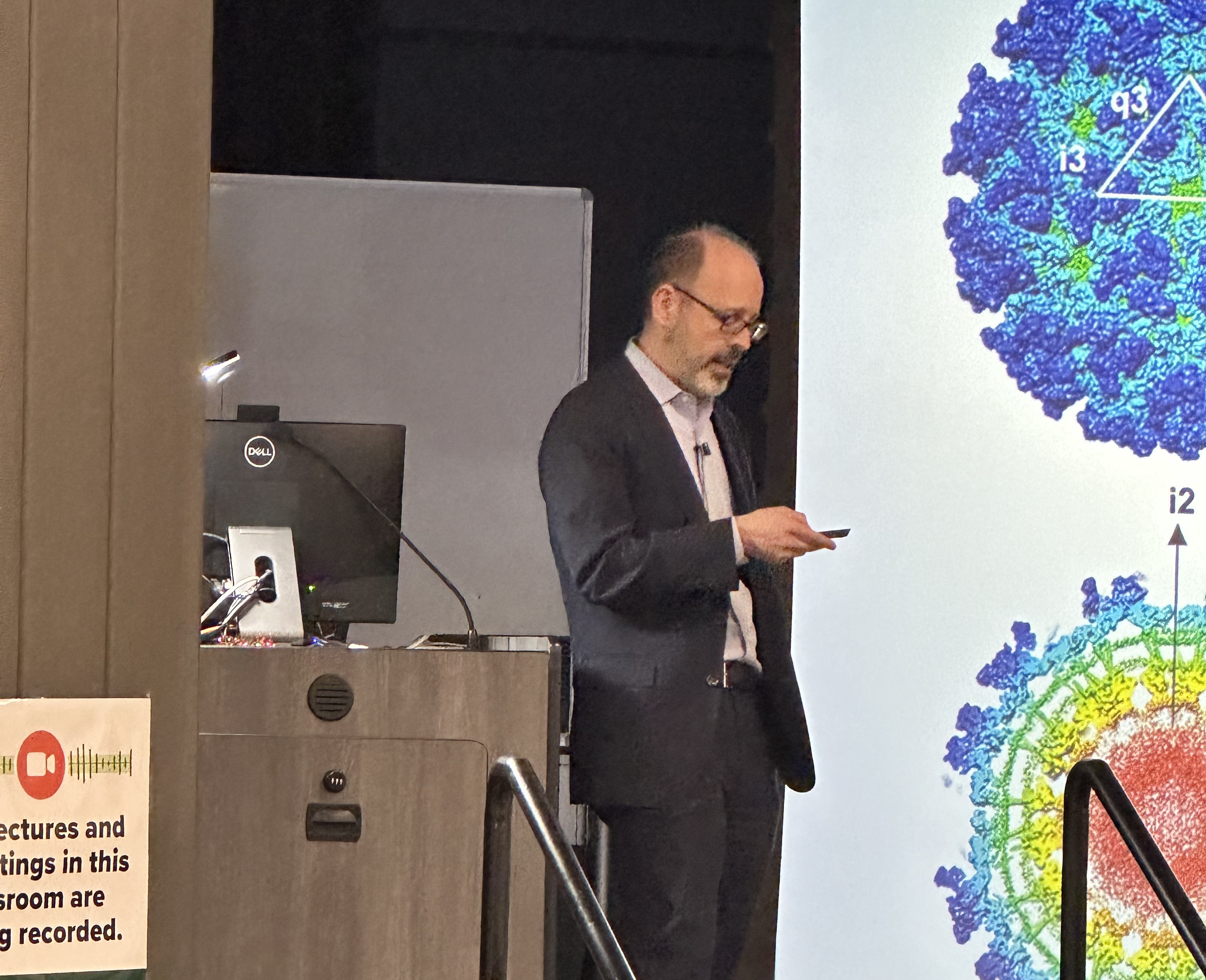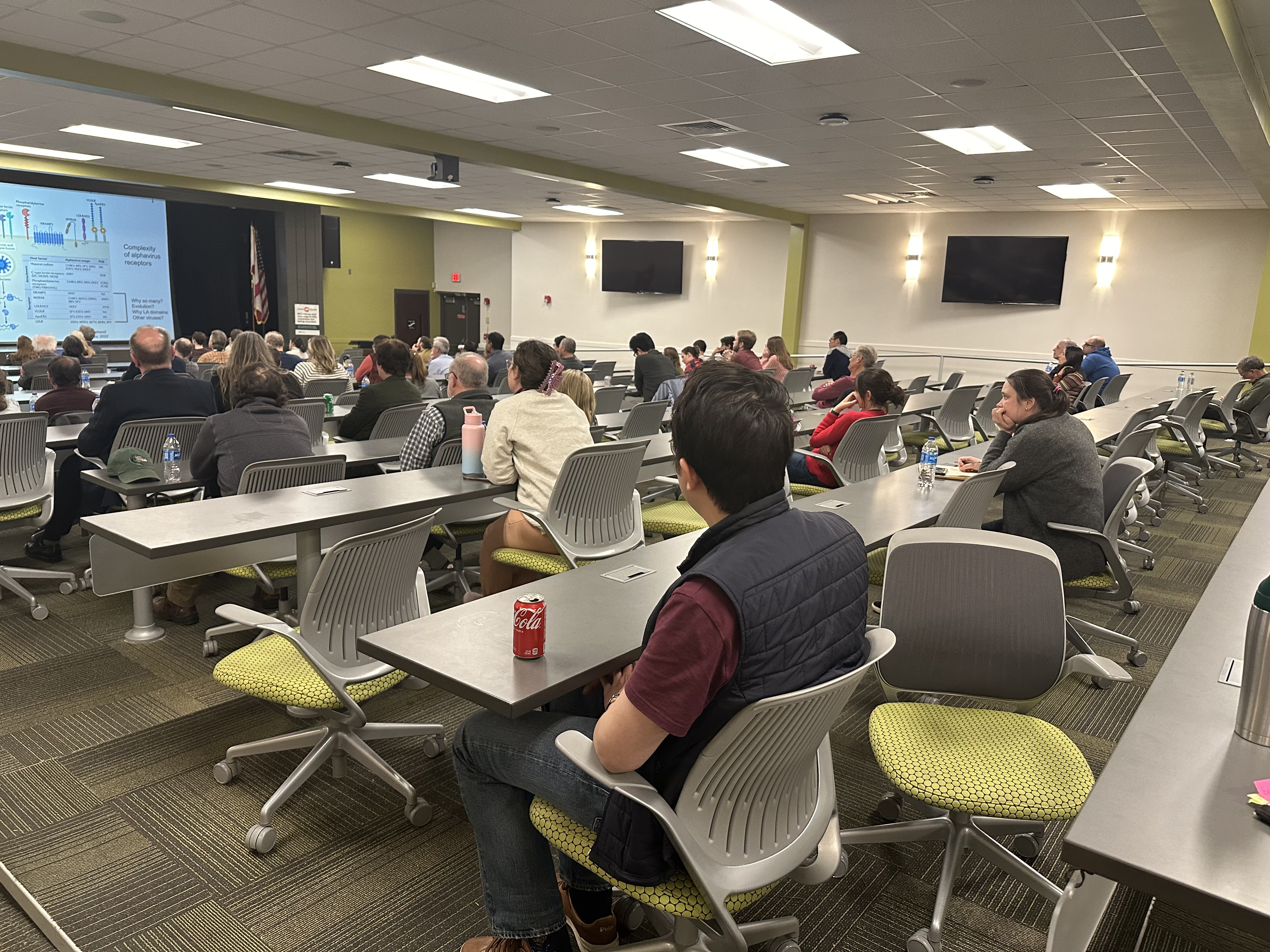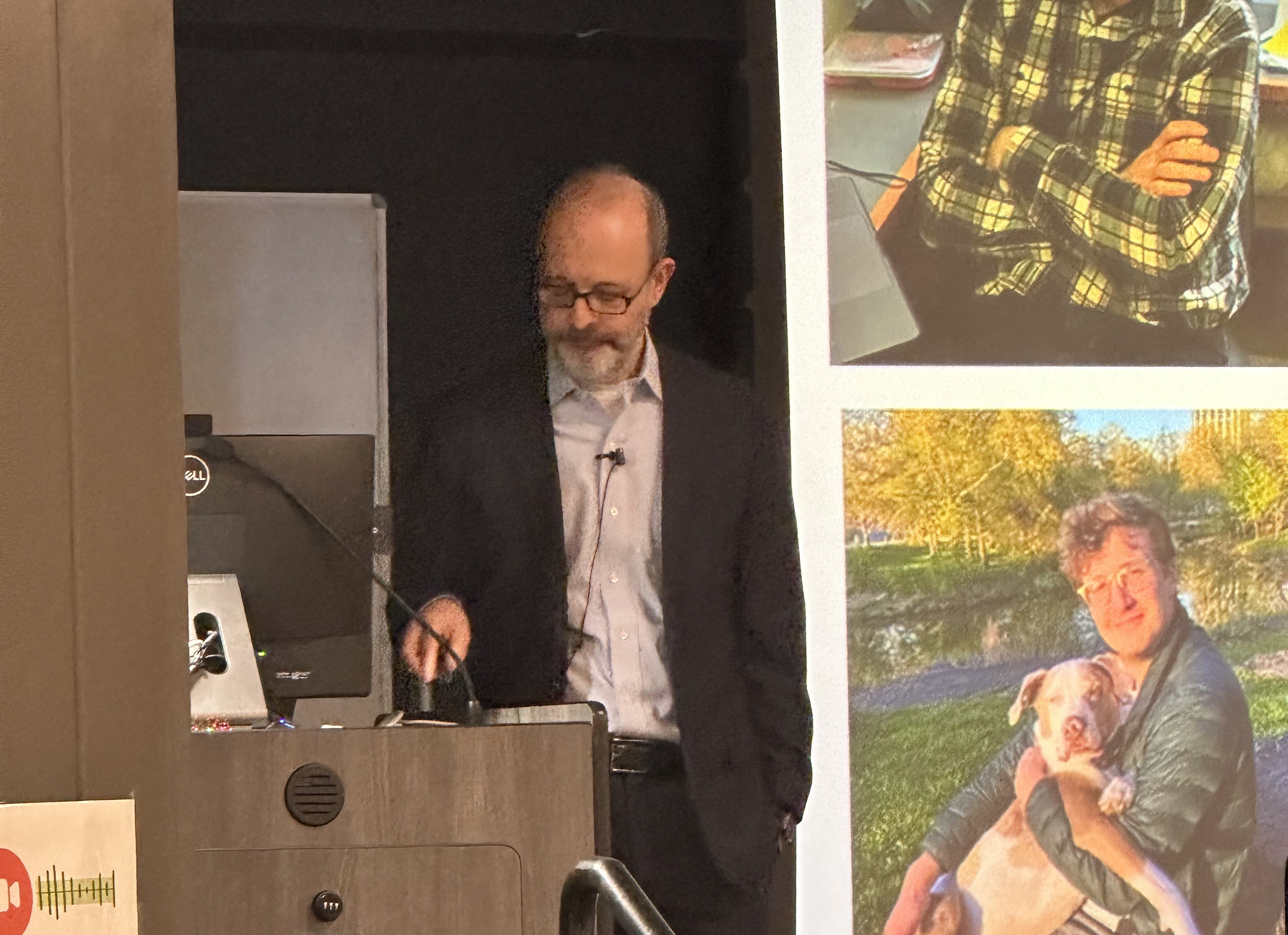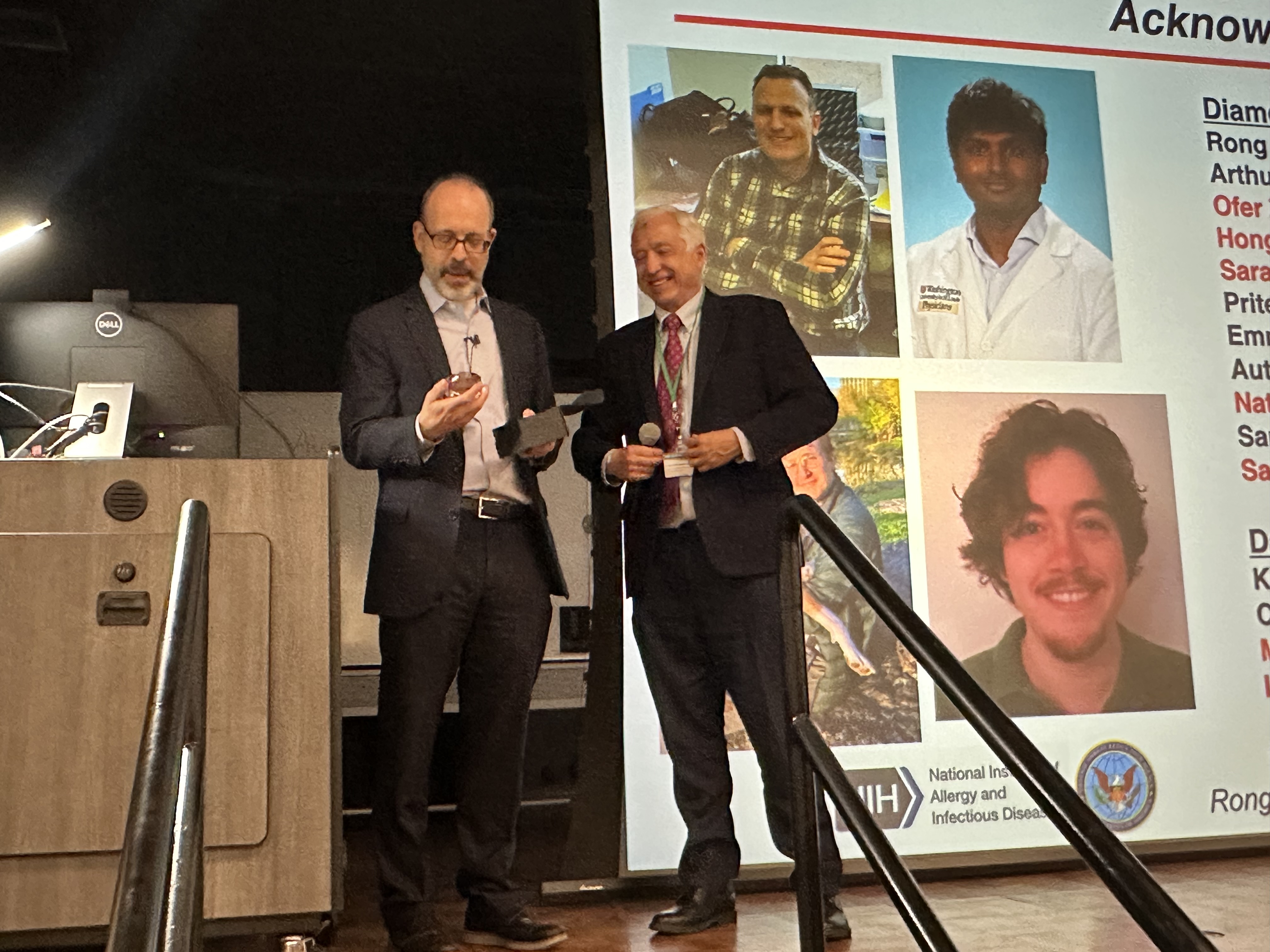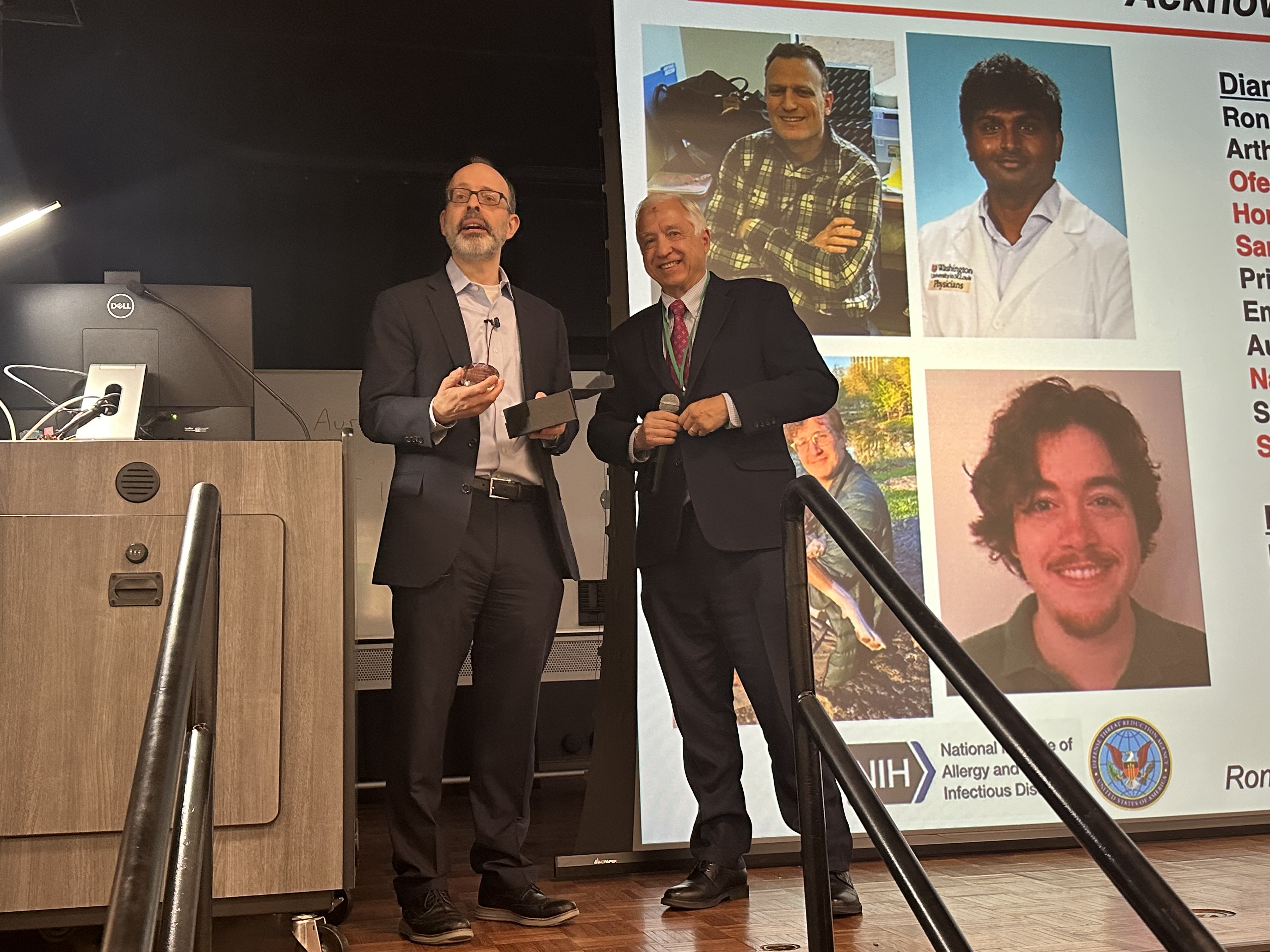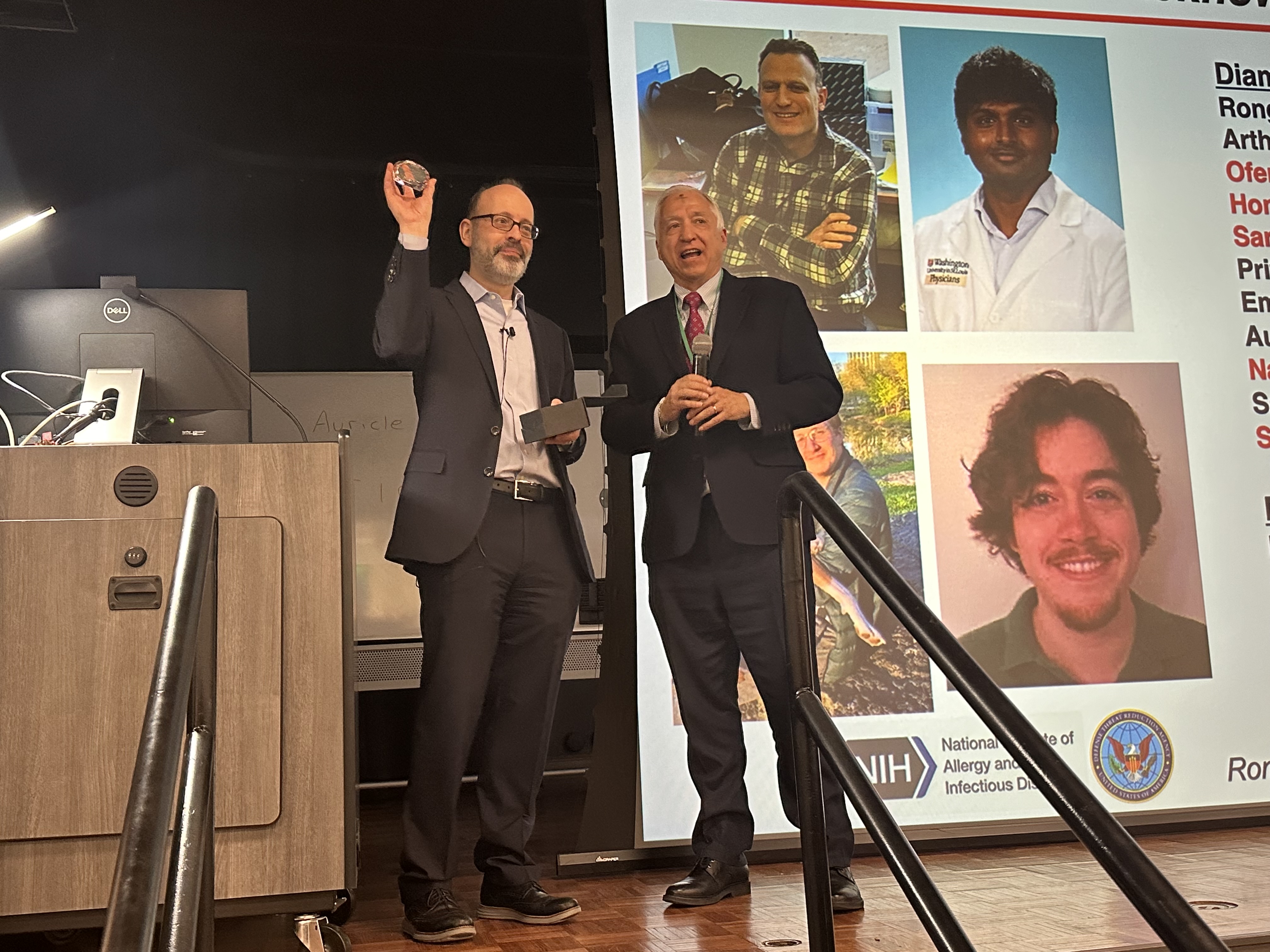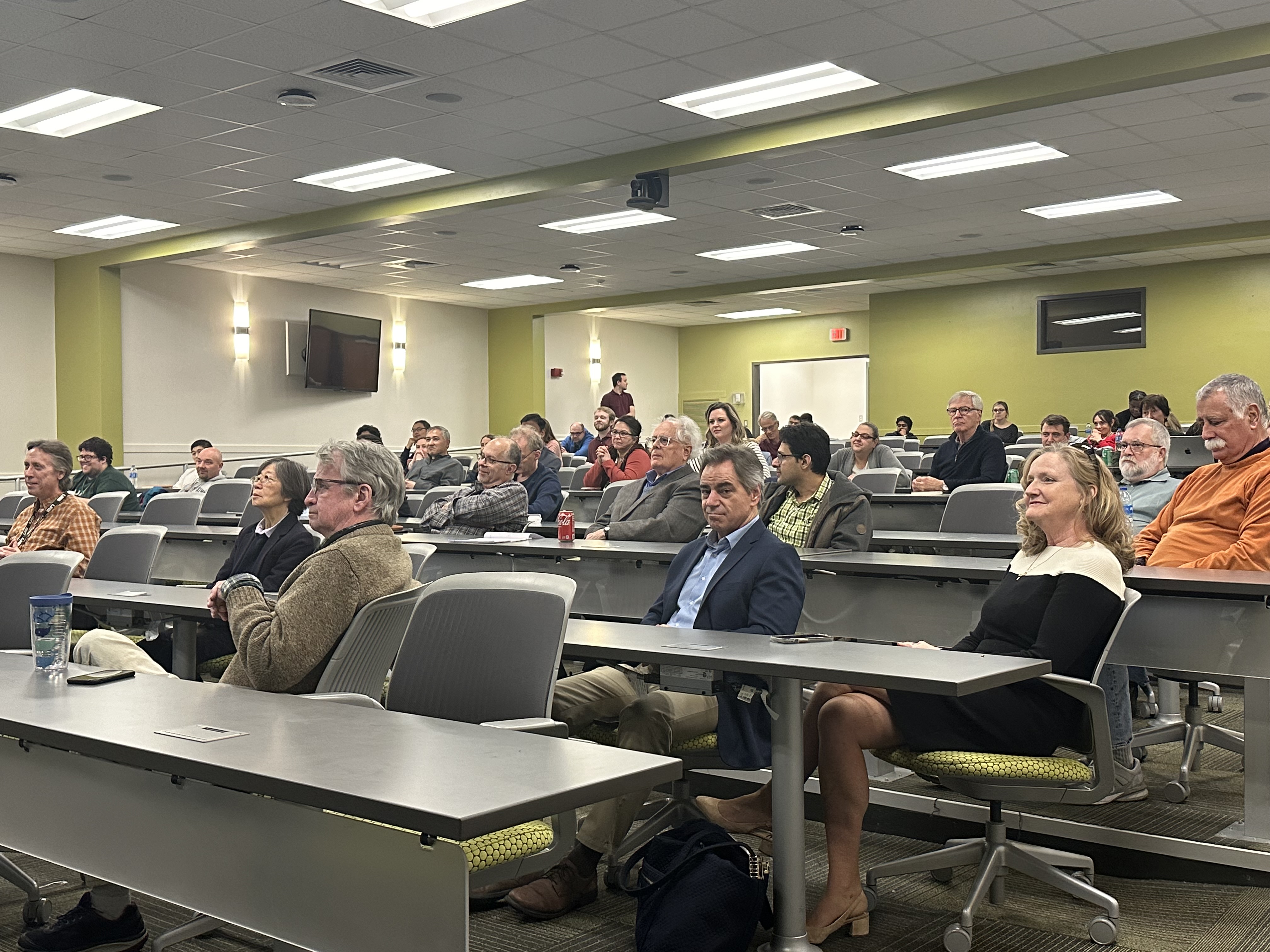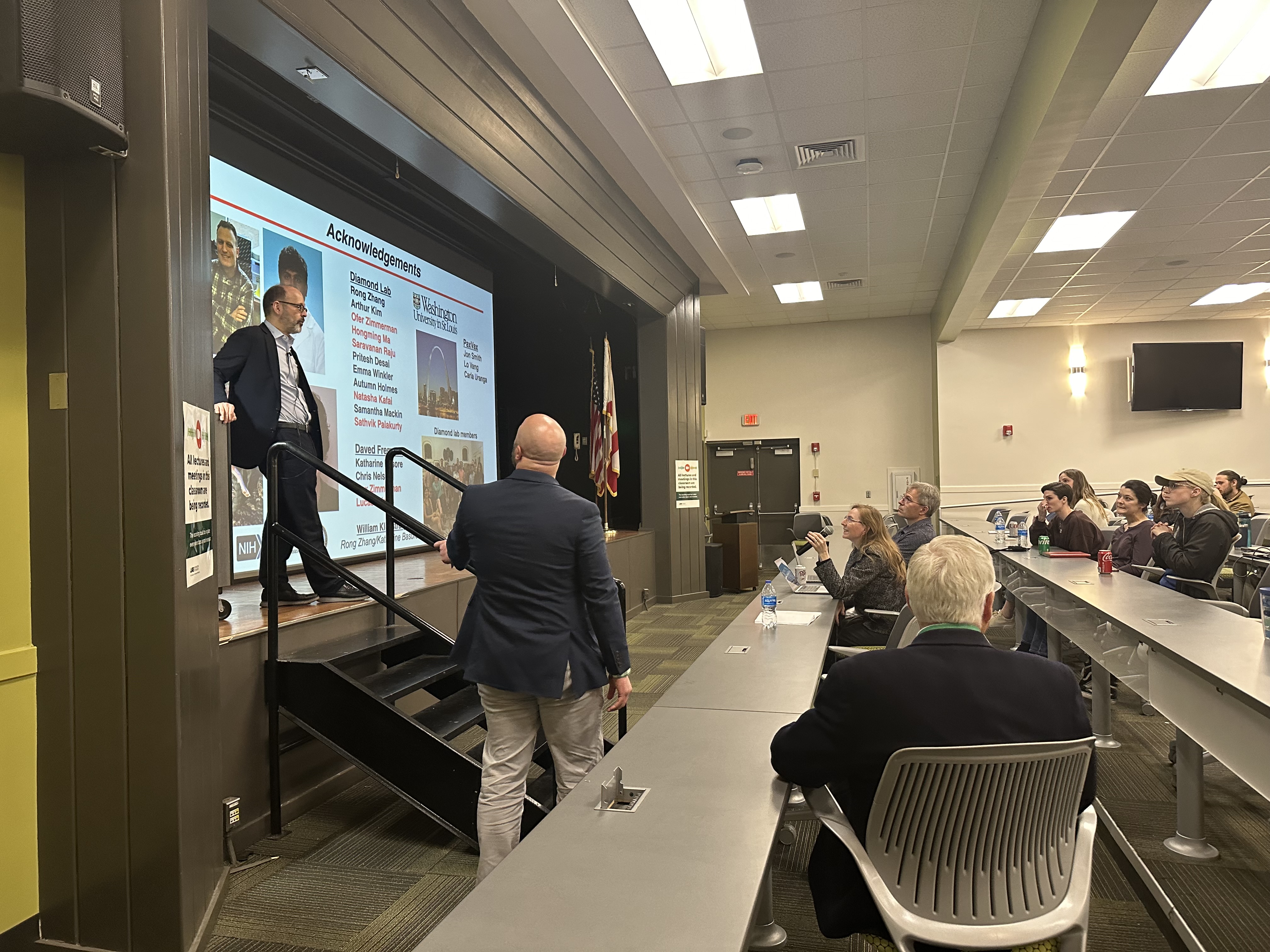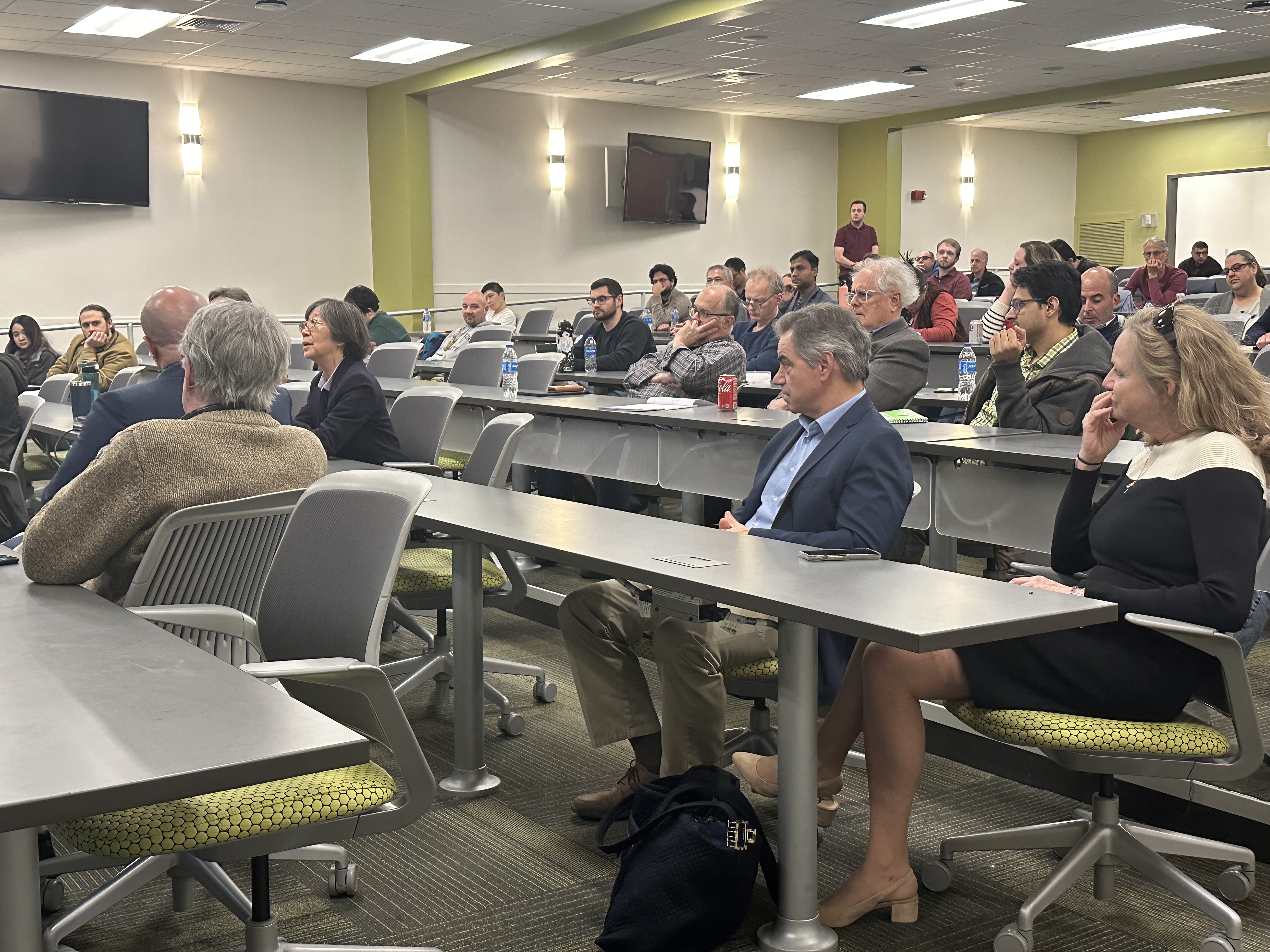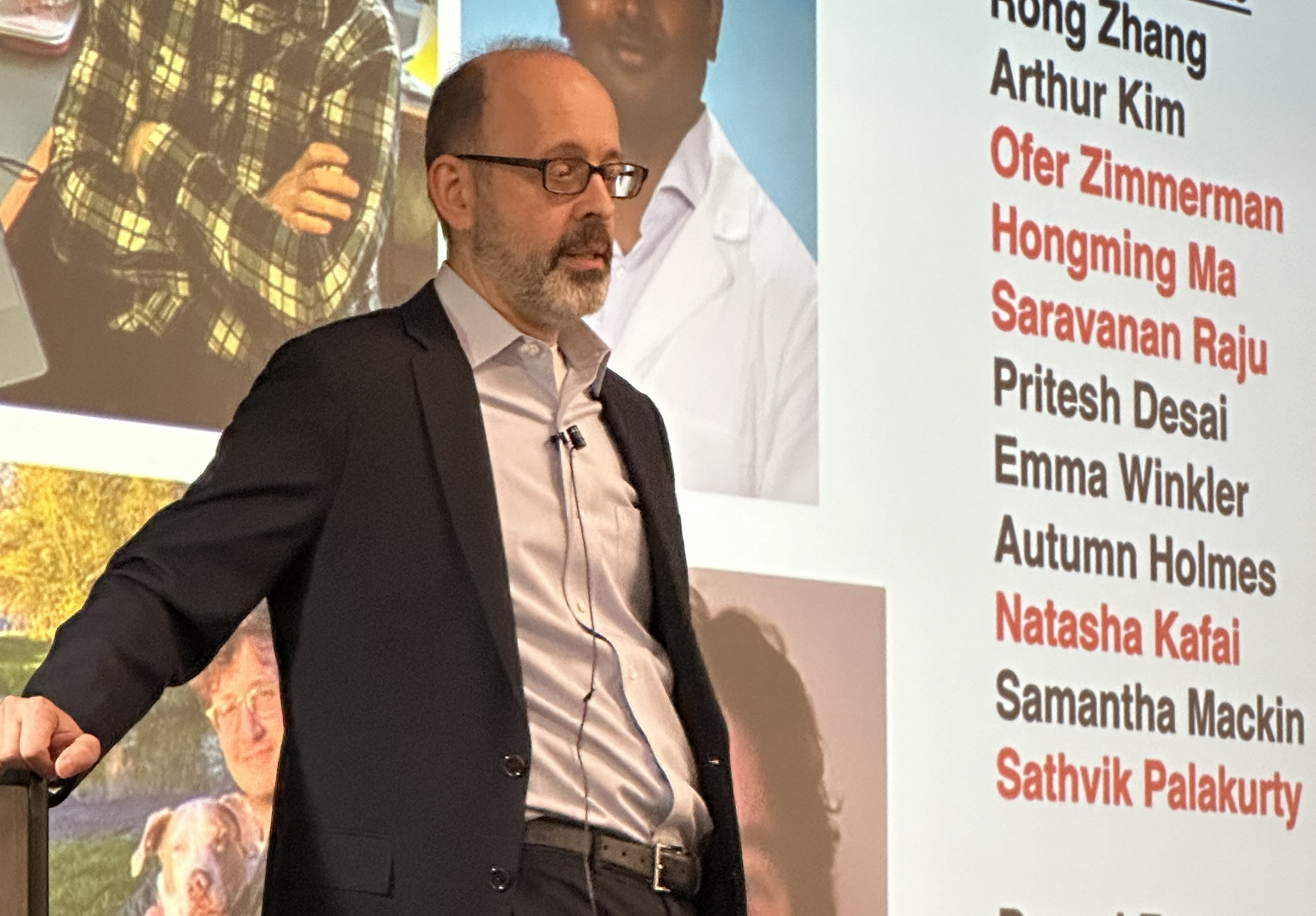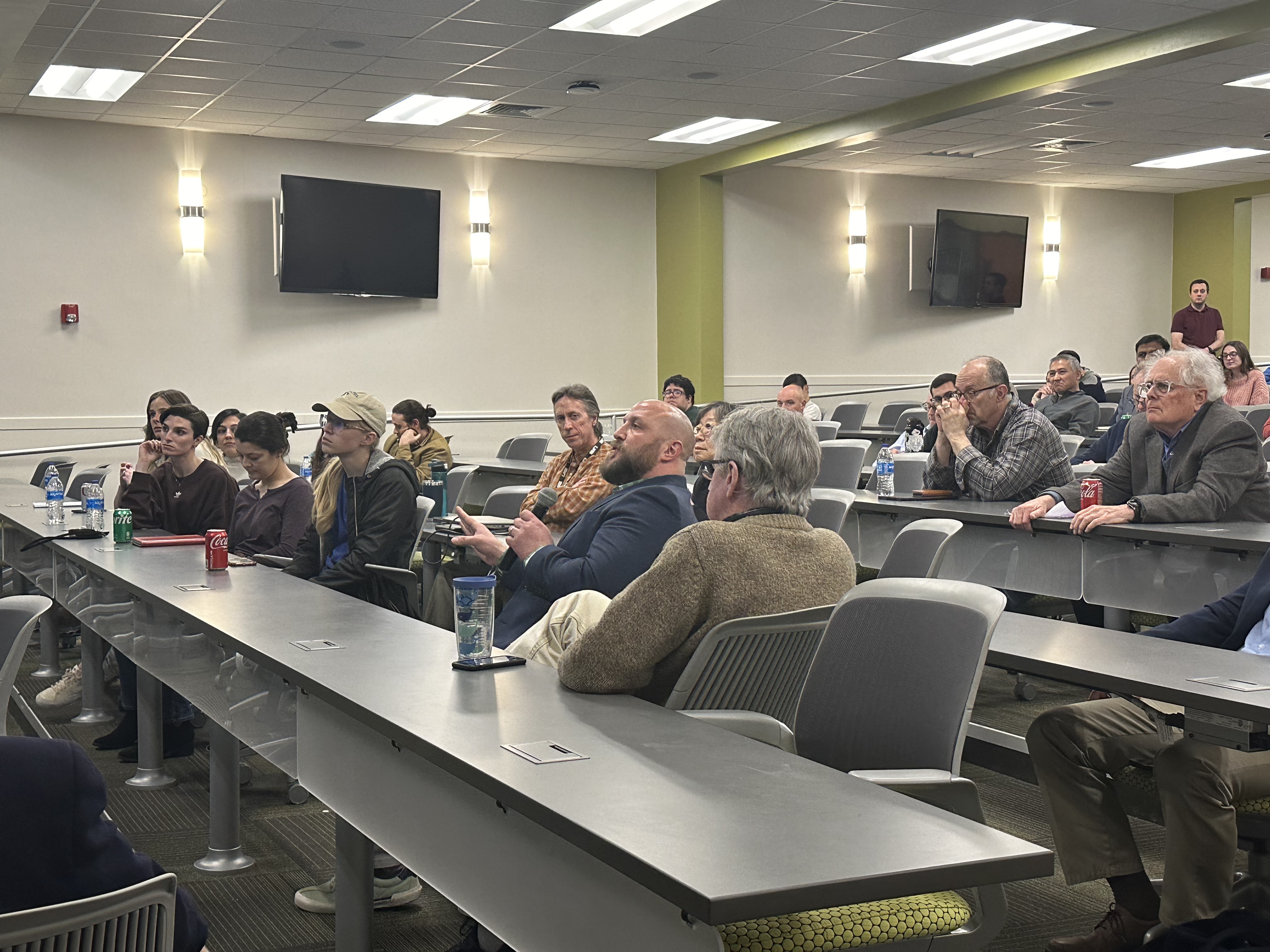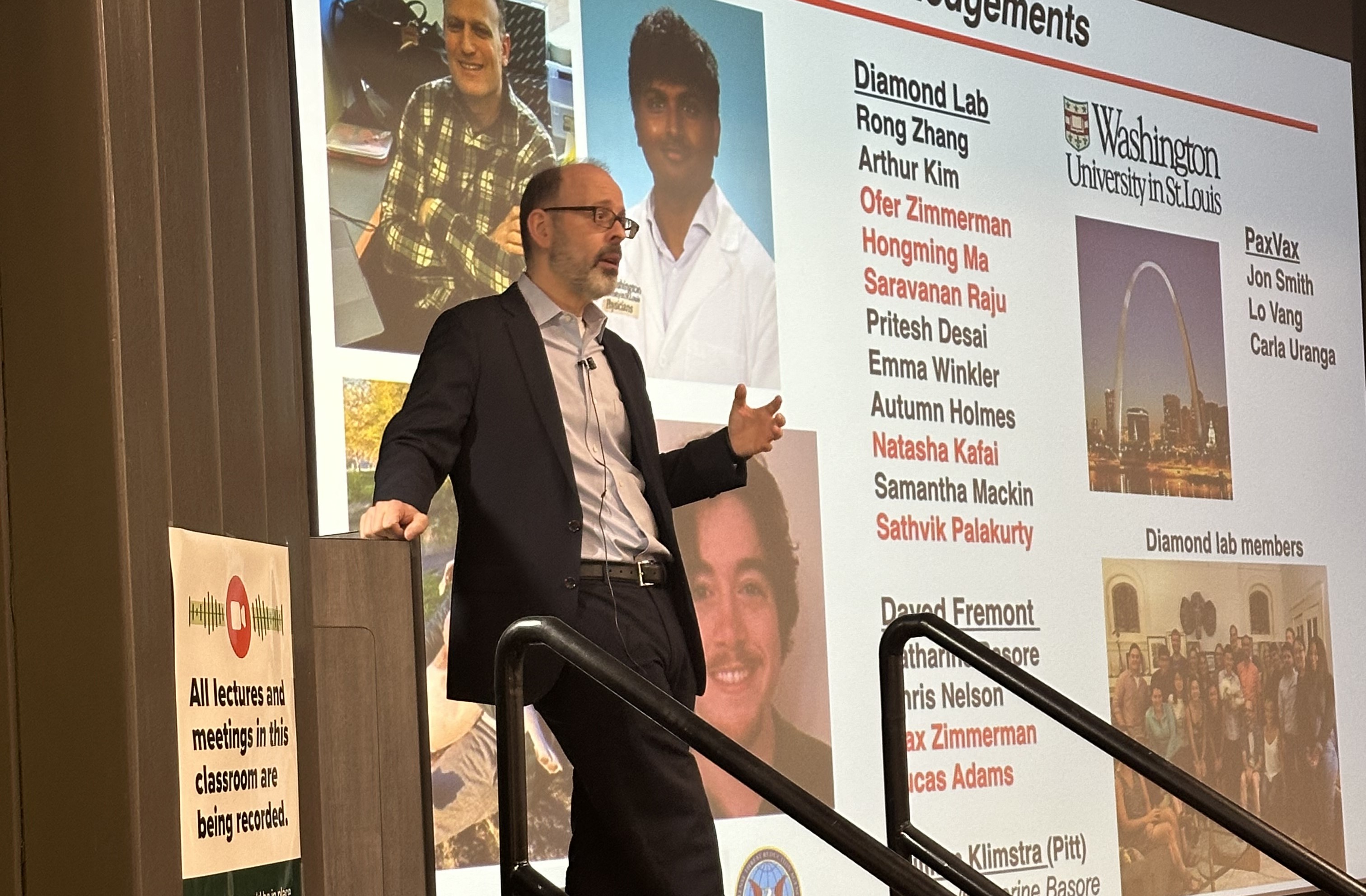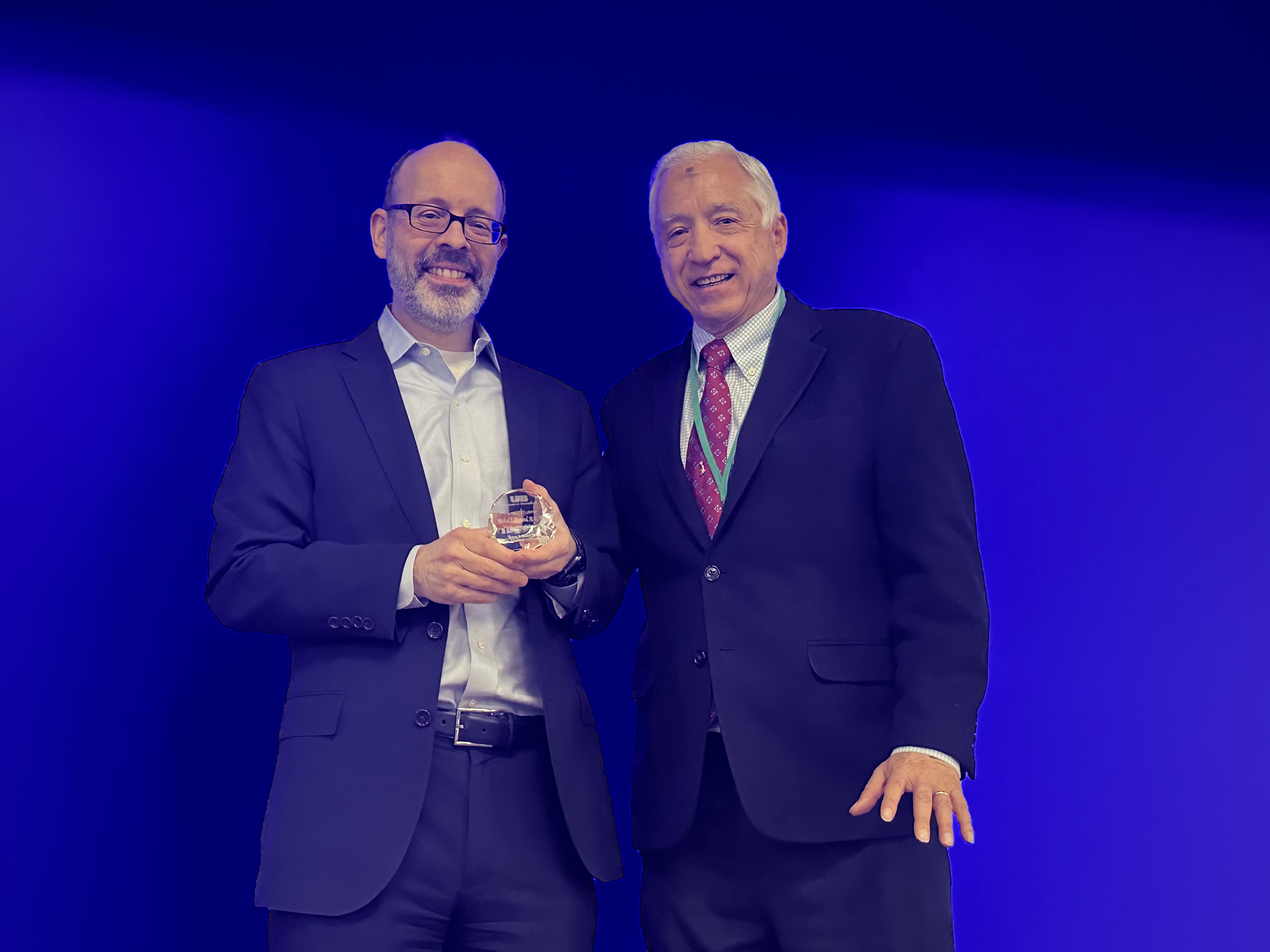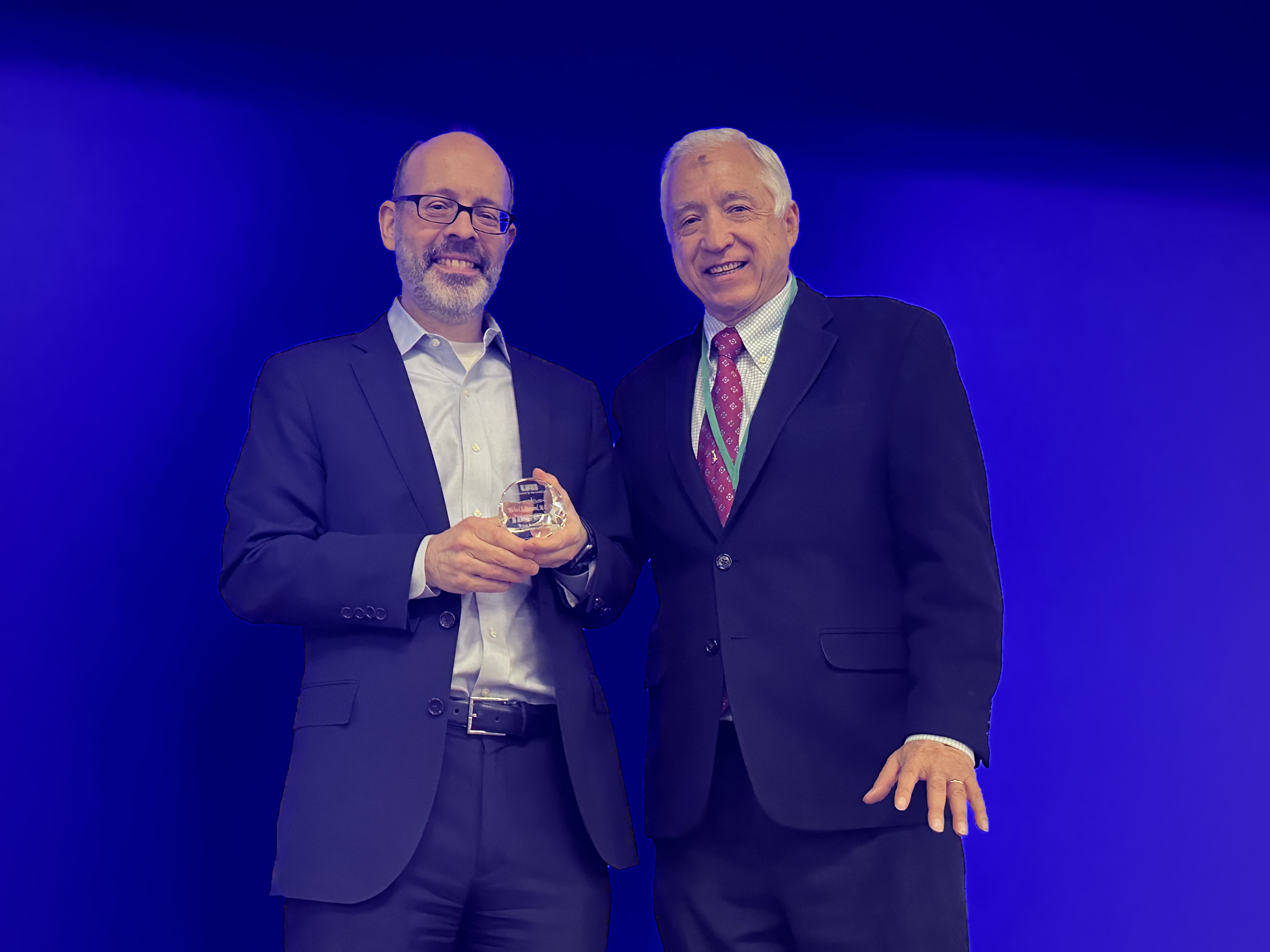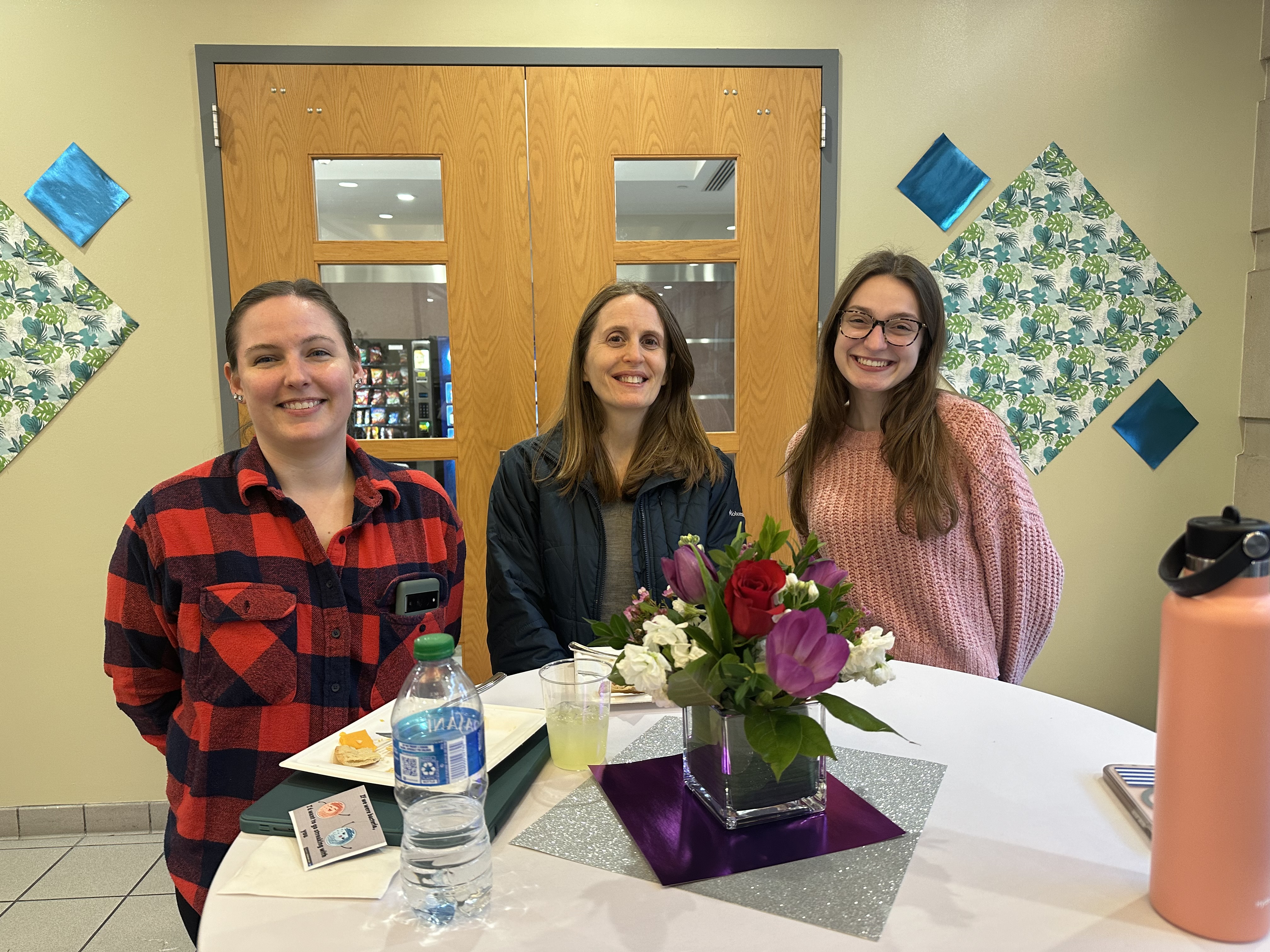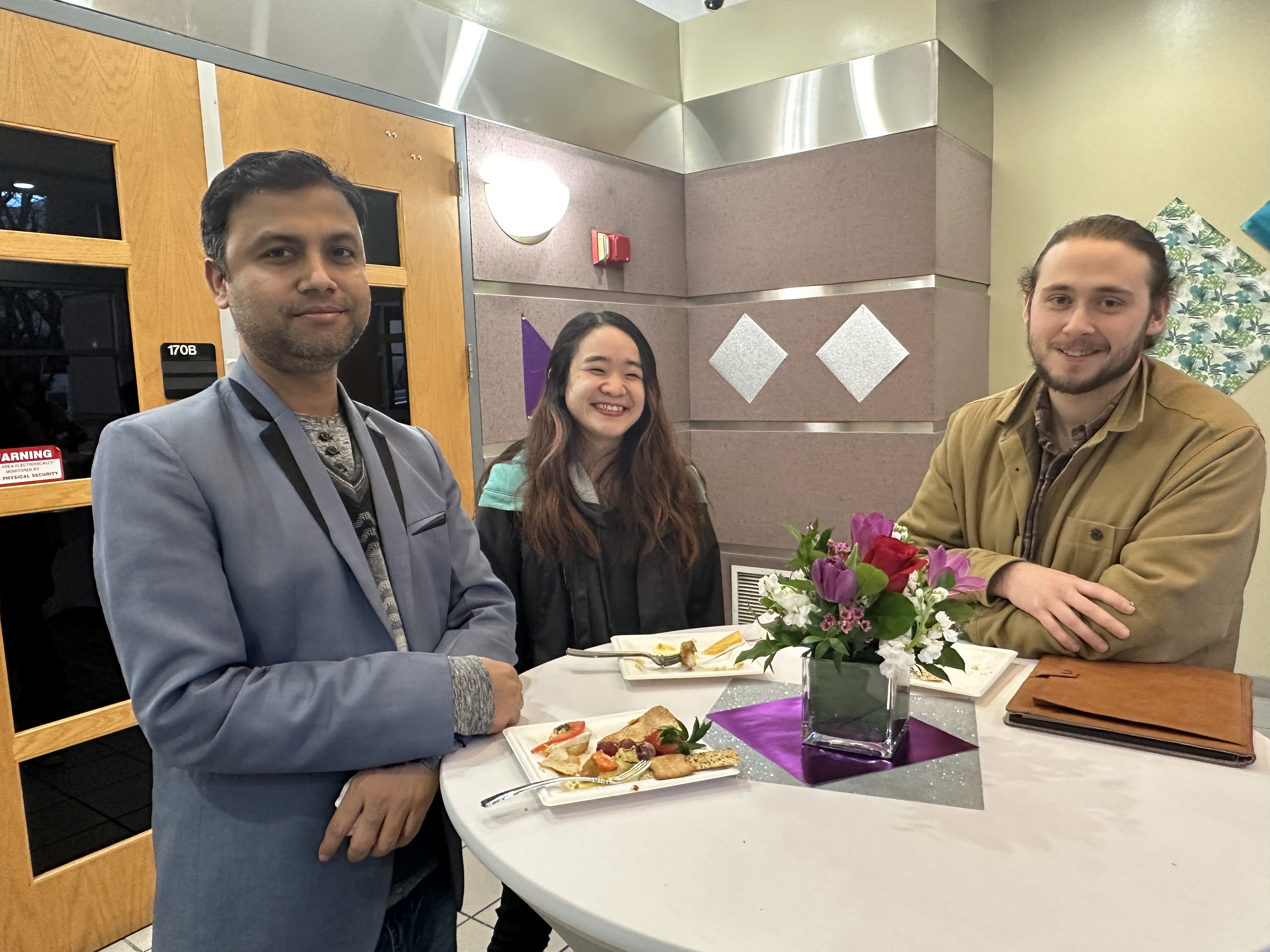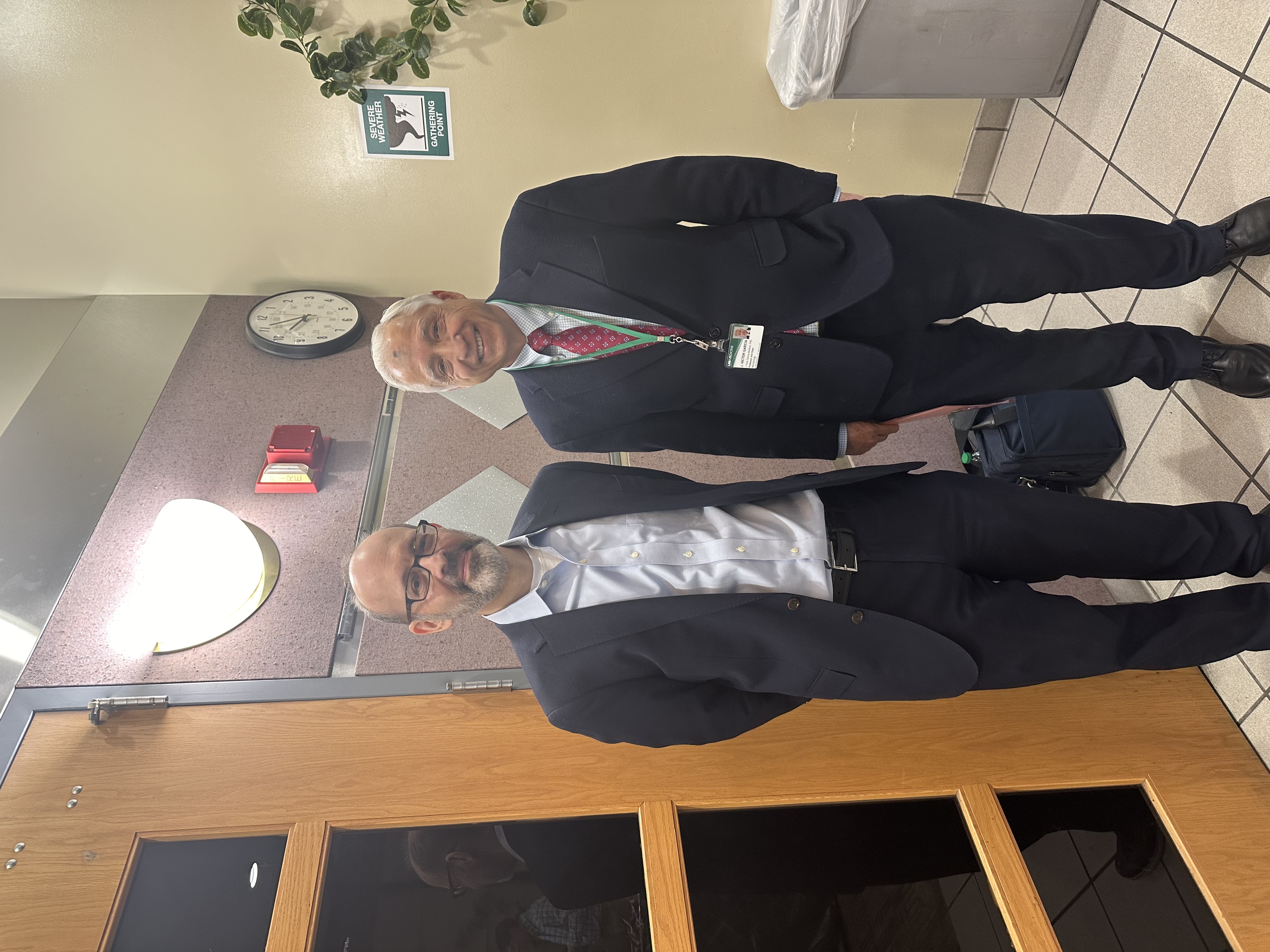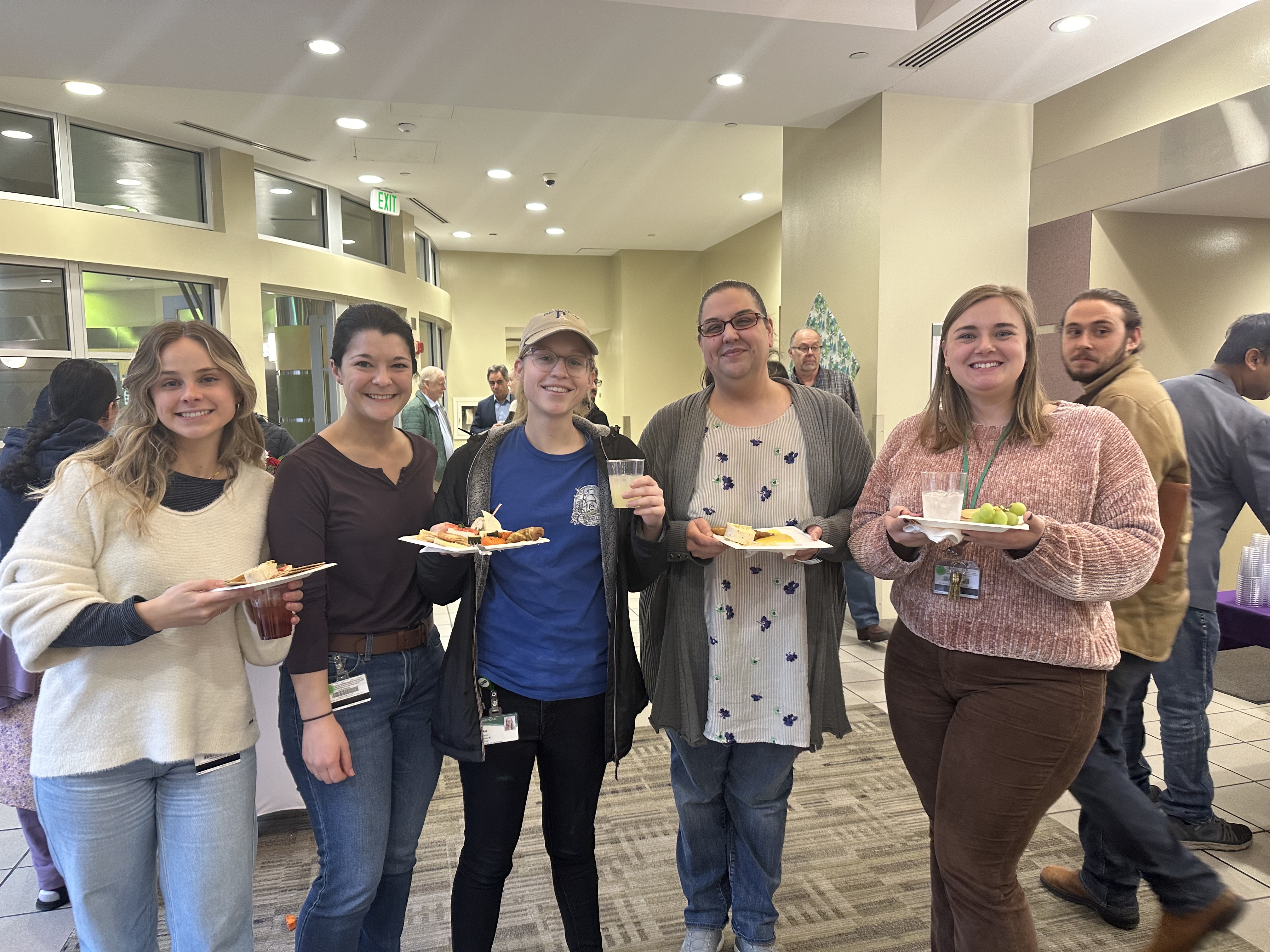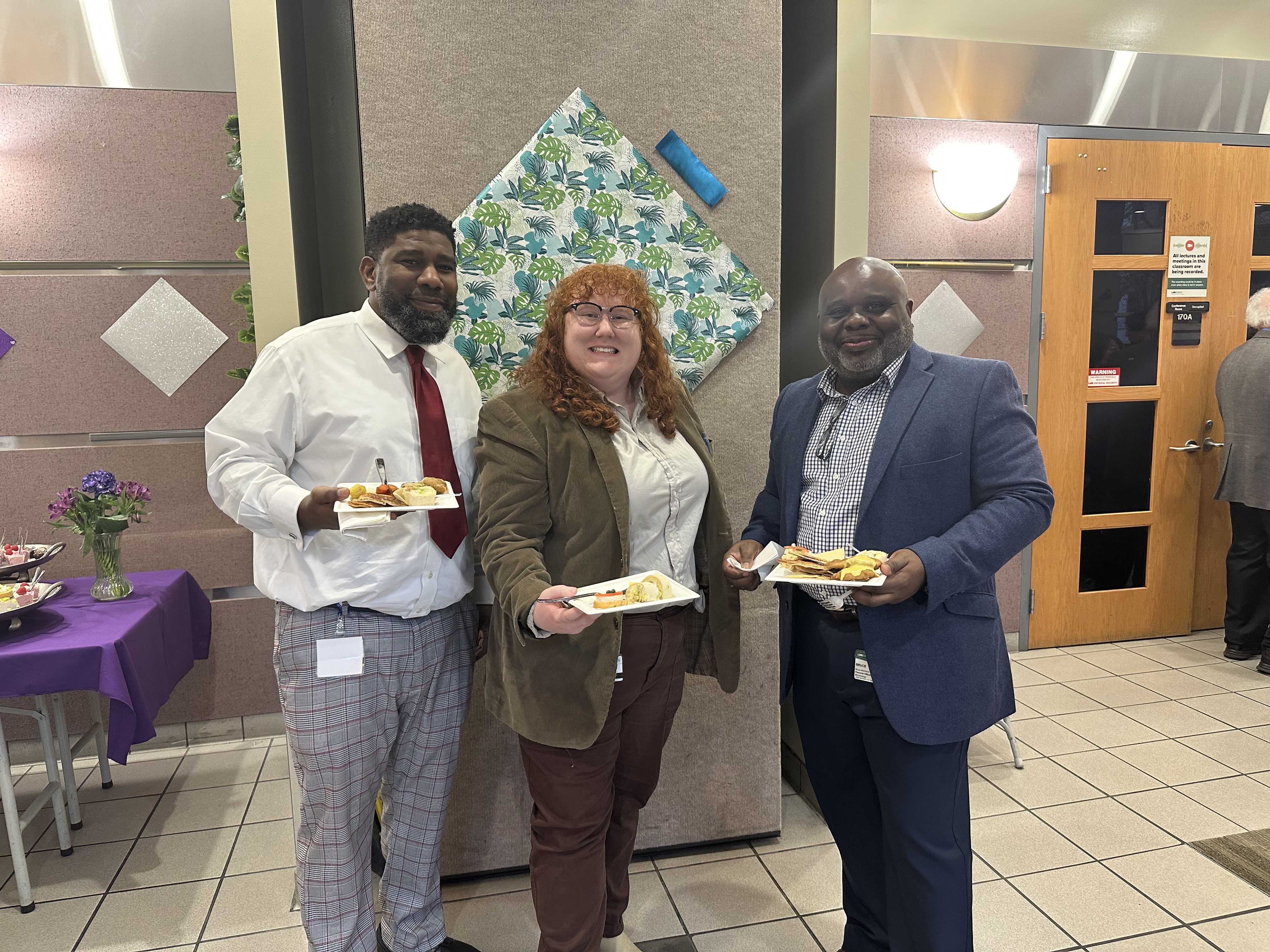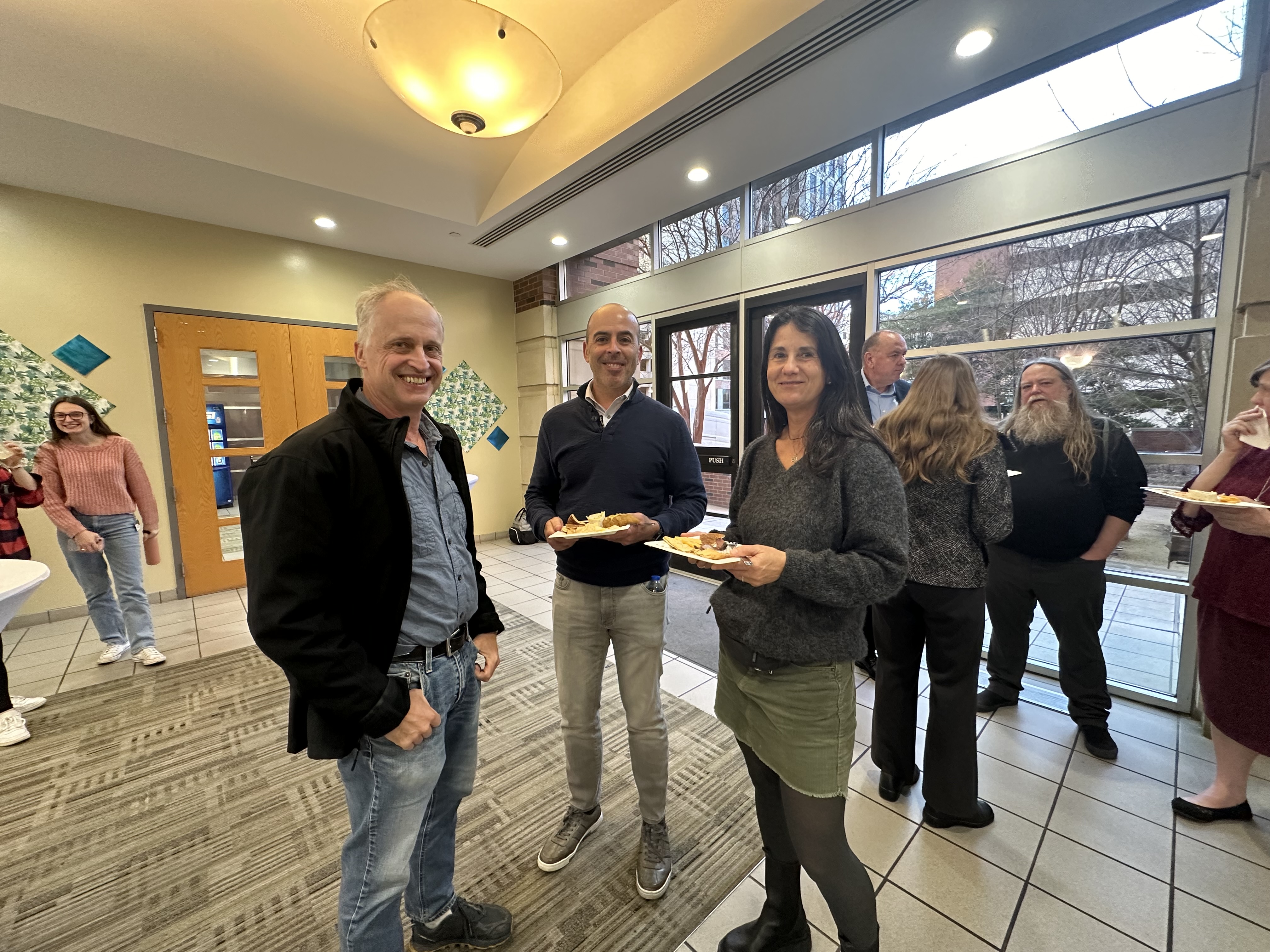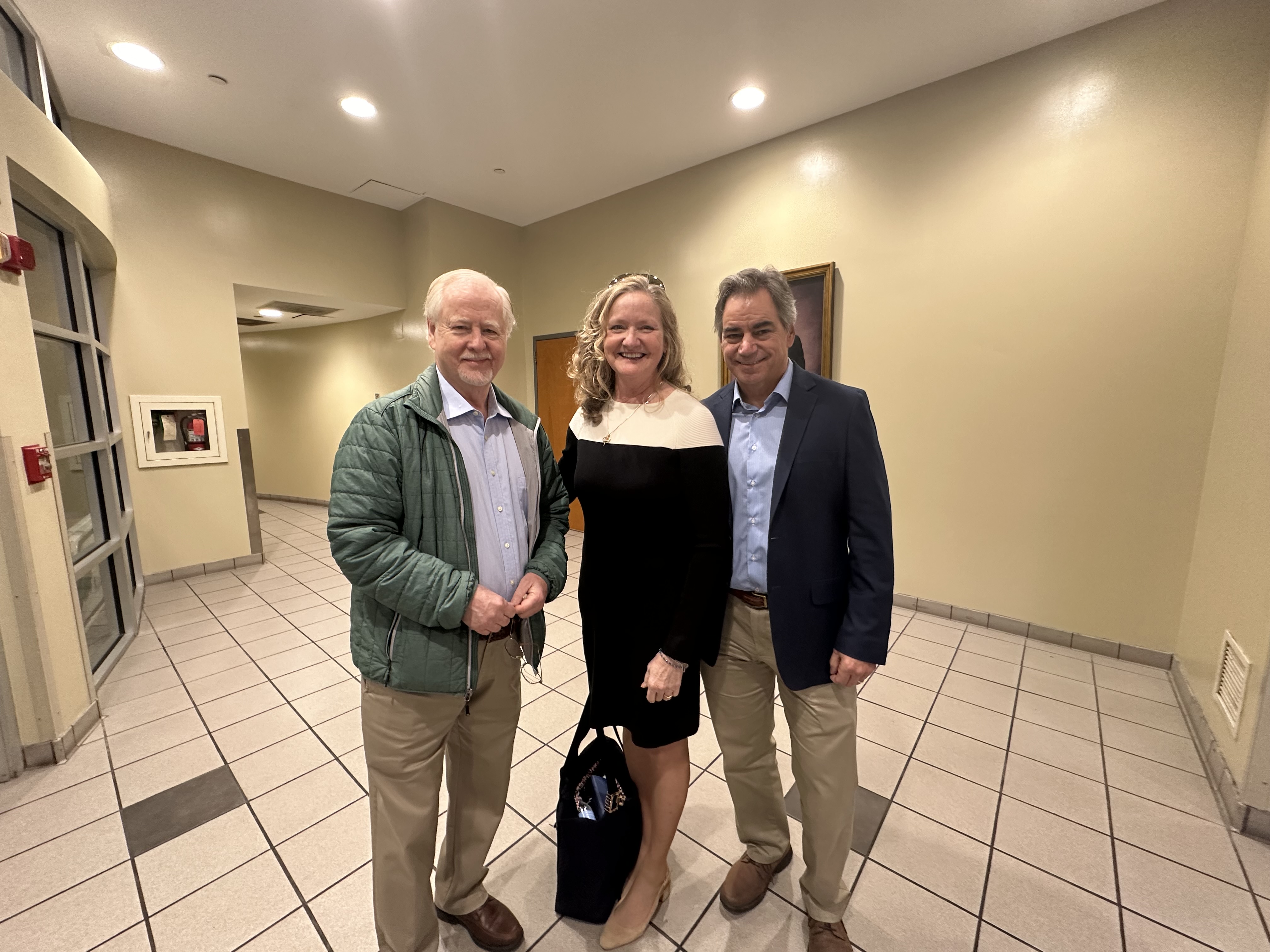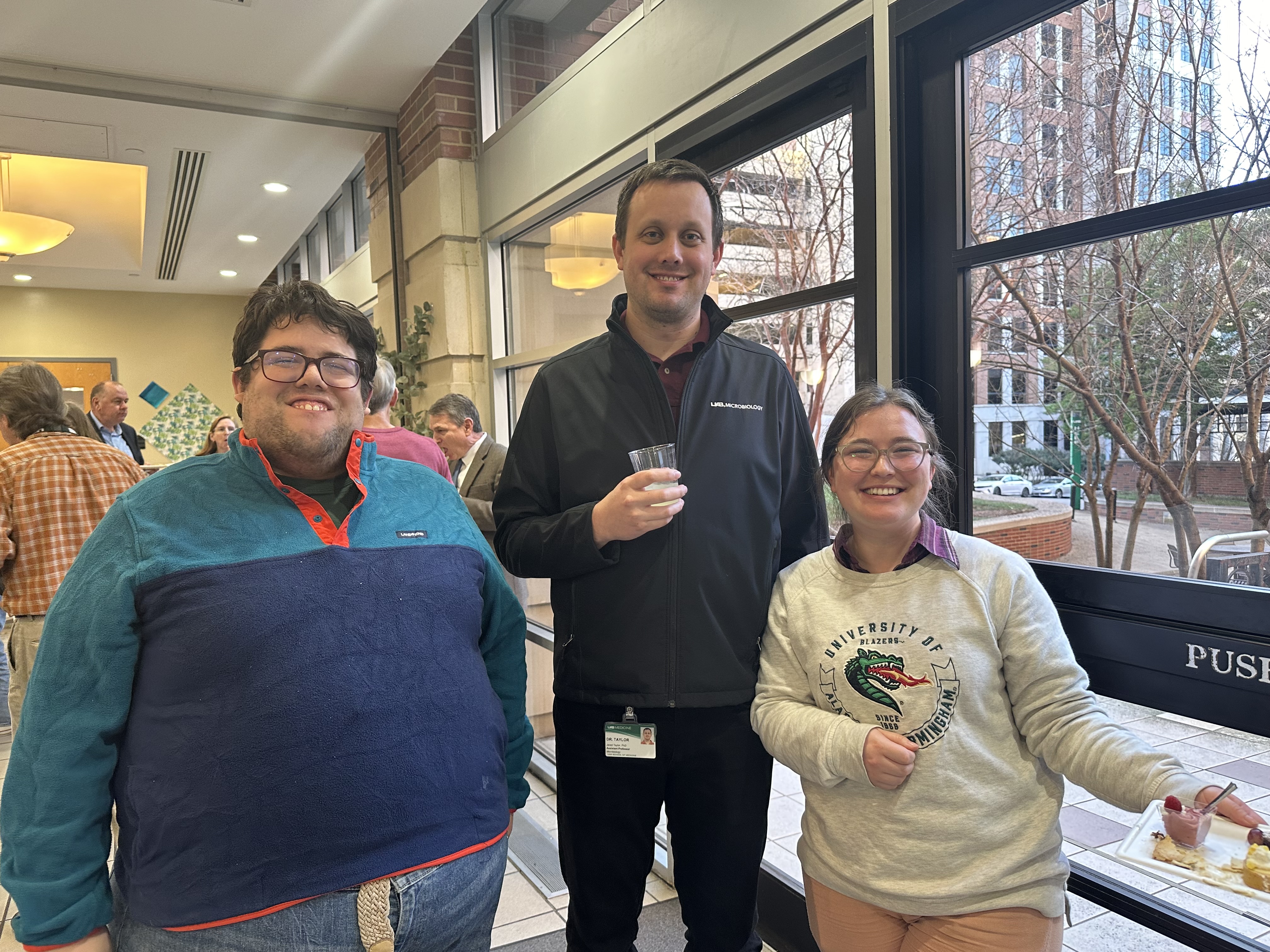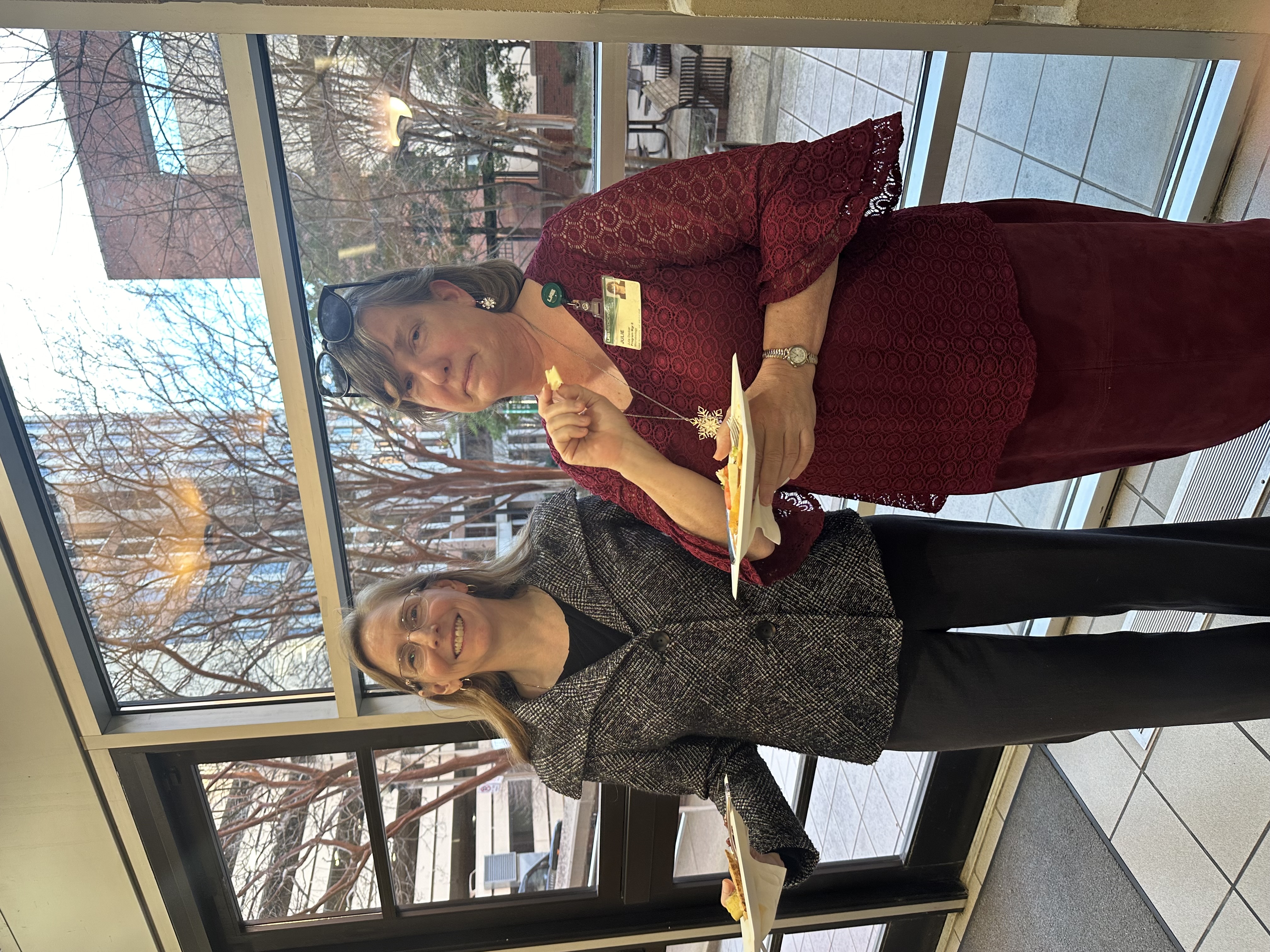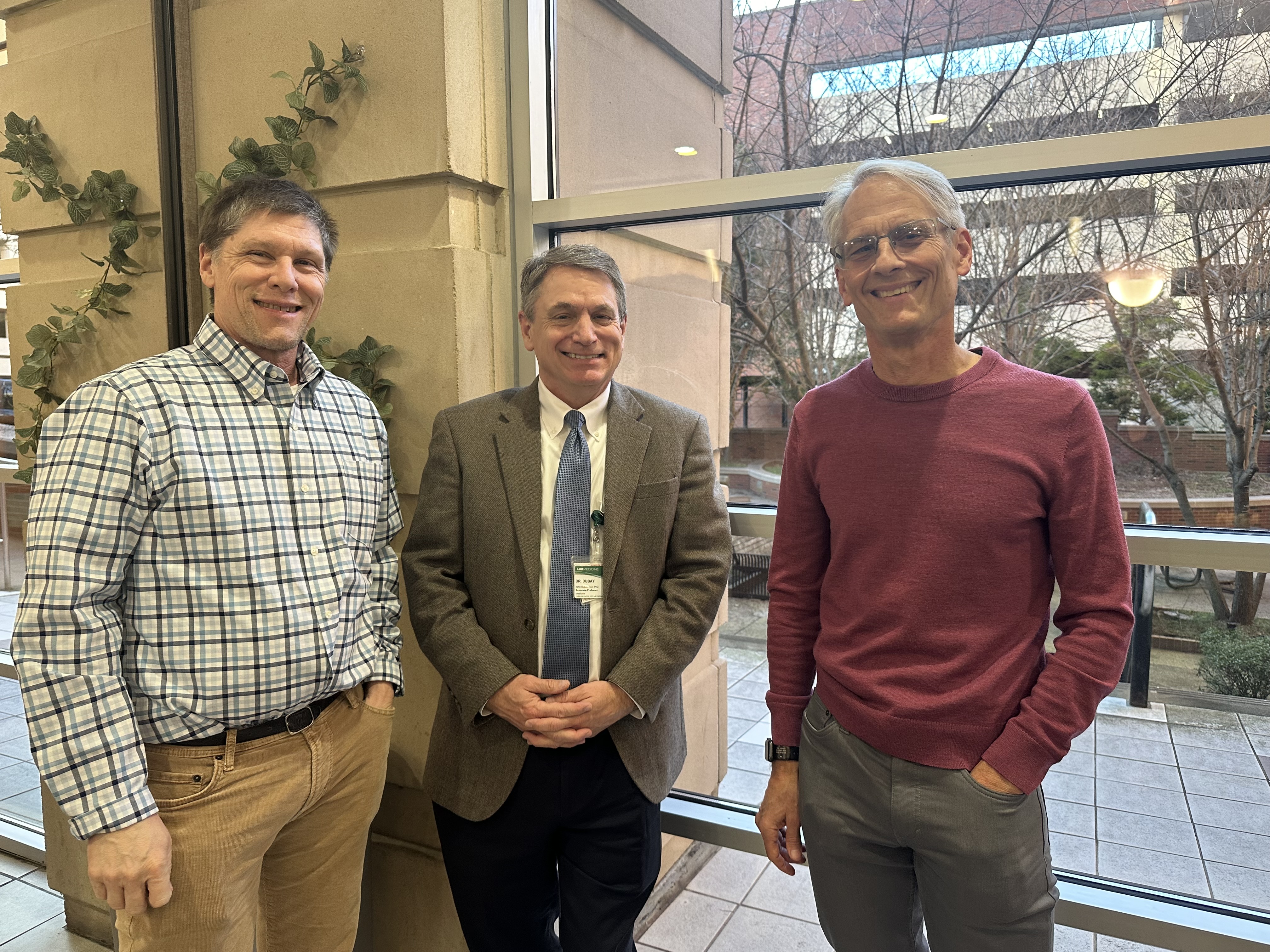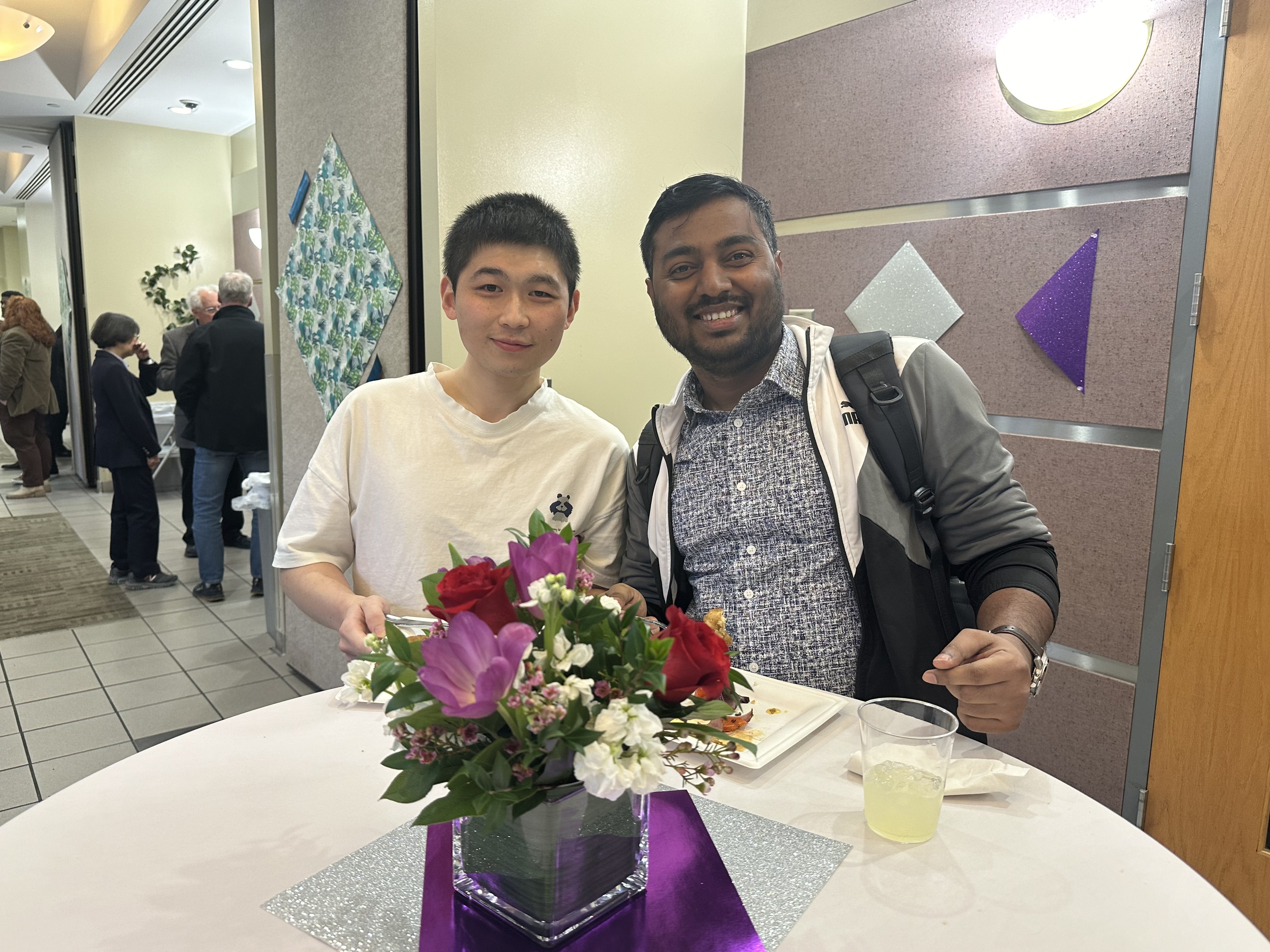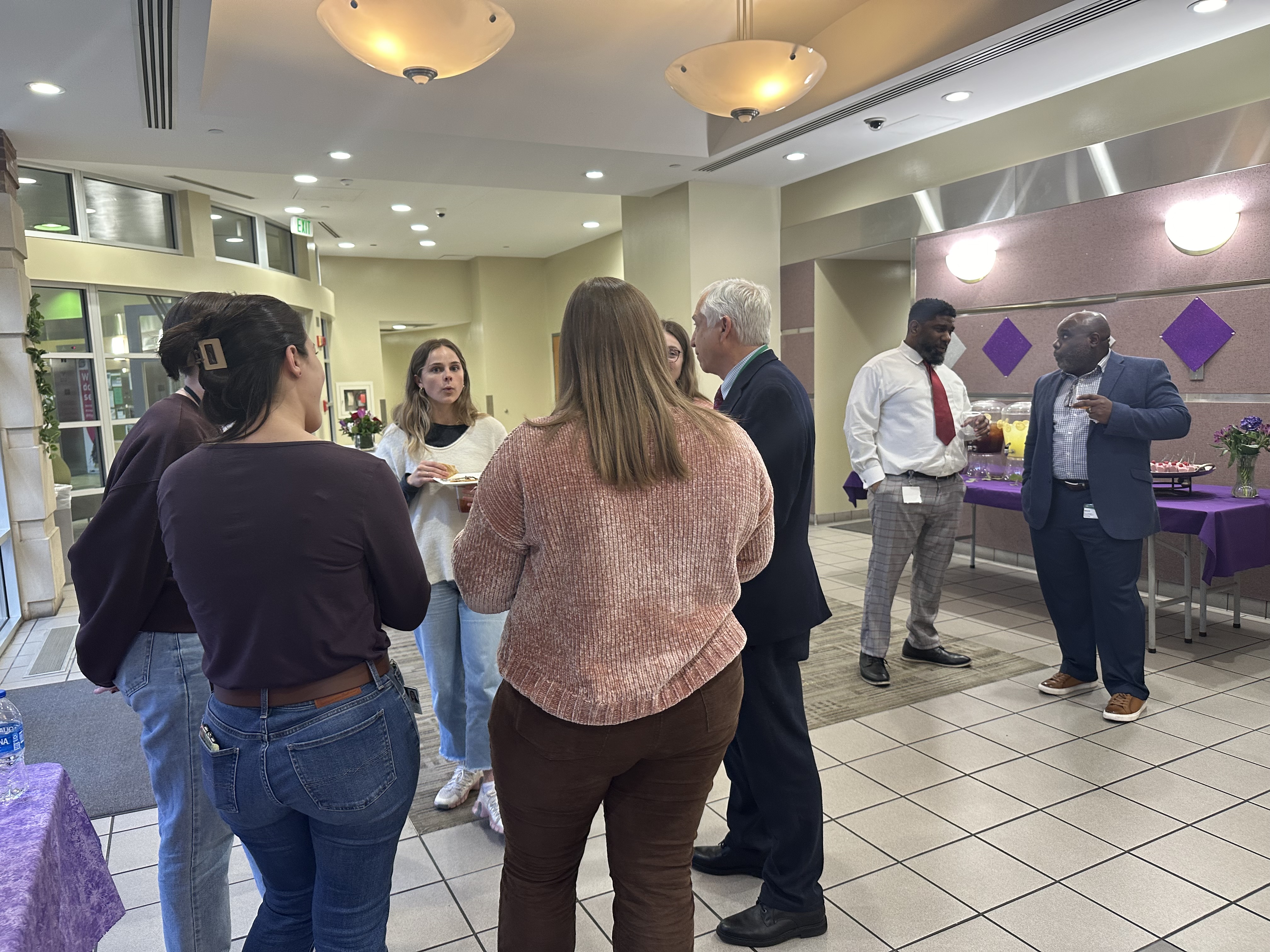UAB Microbiology’s Bertram M. Marx Lectureship reflects nearly 40 years of distinguished lecturers at UAB
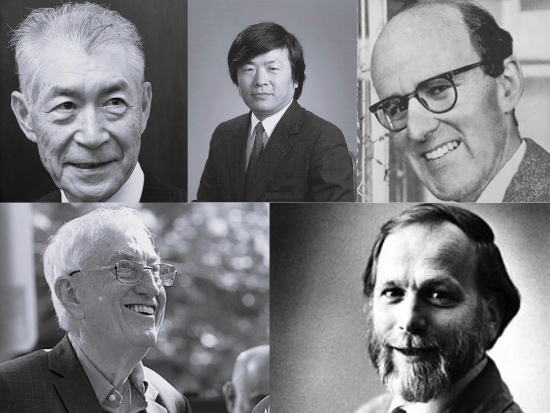 An ongoing lecture series within the UAB Department of Microbiology celebrating nearly 40 years since its establishment has brought a wealth of knowledge to the UAB research community among its distinguished lecturers.
An ongoing lecture series within the UAB Department of Microbiology celebrating nearly 40 years since its establishment has brought a wealth of knowledge to the UAB research community among its distinguished lecturers.
UAB Department of Microbiology ranks at No. 12 nationwide for funding in 2023 report
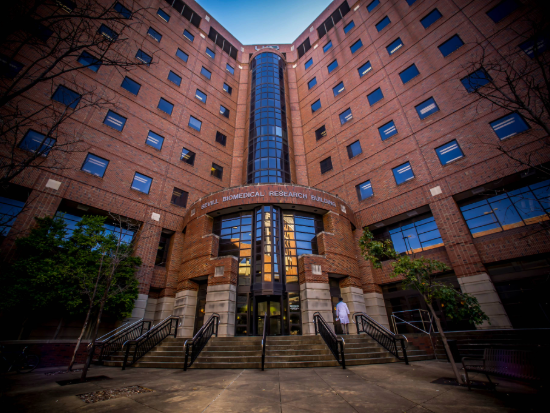 The UAB Department of Microbiology has been ranked No. 12 in the country among 96 other microbiology departments, according to the Blue Ridge Institute for Medical Research report for 2023. This represents a substantial climb from its position at No. 16 in 2022.
The UAB Department of Microbiology has been ranked No. 12 in the country among 96 other microbiology departments, according to the Blue Ridge Institute for Medical Research report for 2023. This represents a substantial climb from its position at No. 16 in 2022.
Max Cooper, M.D., returning to UAB on March 11 for Bertram M. Marx Lectureship
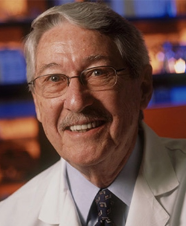 Max D. Cooper, M.D.Distinguished immunologist and 40-year career veteran of UAB, Max D. Cooper, M.D., will be returning to UAB on March 11 as this year’s lecturer for the 36th Bertram M. Marx Endowed Lecture, hosted by the UAB Department of Microbiology. Cooper is known for his research characterizing T cells and B cells and having made numerous unprecedented contributions to the field of immunology.
Max D. Cooper, M.D.Distinguished immunologist and 40-year career veteran of UAB, Max D. Cooper, M.D., will be returning to UAB on March 11 as this year’s lecturer for the 36th Bertram M. Marx Endowed Lecture, hosted by the UAB Department of Microbiology. Cooper is known for his research characterizing T cells and B cells and having made numerous unprecedented contributions to the field of immunology.
PHOTOS: 2024 Susan Roberts Dubay Endowed Lecture featuring Michael S. Diamond, M.D., Ph.D.
The 2024 Susan Roberts Dubay Endowed Lecture hosted by the UAB Department of Microbiology took place on Wednesday, Feb. 14, in Cudworth, Room 102. Michael S. Diamond, M.D., Ph.D., Herbert S. Gasser Professor at Washington University’s School of Medicine in St. Louis, presented, “Alphavirus receptor interactions; new insights into the first step in the virus infection cycle.”
Read moreExtending an impact: a spotlight on the Susan Roberts Dubay Endowed Lecture series at UAB
 The Susan Roberts Dubay Endowed Lecture series in the UAB Department of Microbiology has been inviting world-class scientists to share their knowledge with UAB audiences since 2015; however, the impact of the lecture series started well before then.
The Susan Roberts Dubay Endowed Lecture series in the UAB Department of Microbiology has been inviting world-class scientists to share their knowledge with UAB audiences since 2015; however, the impact of the lecture series started well before then.
FAESB receives NSF grant for program to promote inclusive biomedical workforce
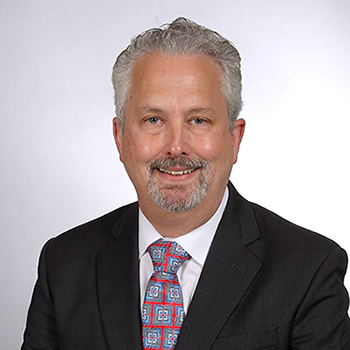 The Federation of American Societies for Experimental Biology (FASEB), the largest coalition of biomedical research associations in the United States, has secured a nearly $500,000 two-year grant from the National Science Foundation (NSF). This grant supports a program aimed at reshaping the prevailing culture within biological societies, specifically addressing adverse effects on early-career researchers from historically excluded populations.
The Federation of American Societies for Experimental Biology (FASEB), the largest coalition of biomedical research associations in the United States, has secured a nearly $500,000 two-year grant from the National Science Foundation (NSF). This grant supports a program aimed at reshaping the prevailing culture within biological societies, specifically addressing adverse effects on early-career researchers from historically excluded populations.
Justement appointed to 3-year term on GREAT Steering Committee
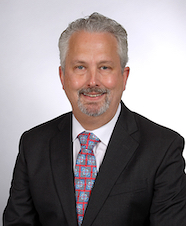 Louis Justement, Ph.D., professor in UAB’s Department of Microbiology, has been elected to the Association of American Medical Colleges’ (AAMC) Group on Research, Education, and Training (GREAT) Steering Committee for a three-year term.
Louis Justement, Ph.D., professor in UAB’s Department of Microbiology, has been elected to the Association of American Medical Colleges’ (AAMC) Group on Research, Education, and Training (GREAT) Steering Committee for a three-year term.
Founded in 1996, GREAT seeks to offer professional development opportunities and foster communication among faculty and administrative leaders of biomedical, Ph.D., M.D.-Ph.D., and postdoctoral programs across the nation.
Read moreLund elected a 2024 AAI Distinguished Fellow
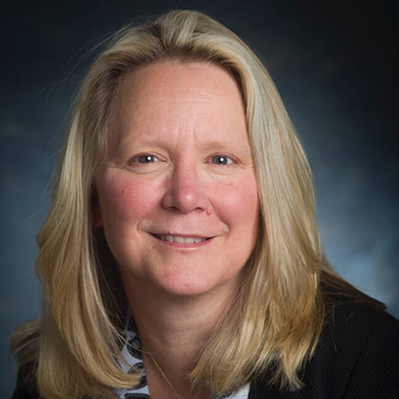 Frances Lund, Ph.D., endowed chair in Immunology within the UAB Department of Microbiology and director of the Immunology Institute, has been elected a 2024 American Association of Immunologists (AAI) Distinguished Fellow.
Frances Lund, Ph.D., endowed chair in Immunology within the UAB Department of Microbiology and director of the Immunology Institute, has been elected a 2024 American Association of Immunologists (AAI) Distinguished Fellow.
Justement named President of the Society for Leukocyte Biology
 Louis Justement, Ph.D., professor in UAB’s Department of Microbiology, has recently assumed the role of President of the Society for Leukocyte Biology (SLB) as of Jan. 1, 2024.
Louis Justement, Ph.D., professor in UAB’s Department of Microbiology, has recently assumed the role of President of the Society for Leukocyte Biology (SLB) as of Jan. 1, 2024.
Founded in 1954, the SLB is a global community of researchers and clinicians who study the critical role of leukocytes (white blood cells) in the immune response.
Read moreGarcia-Martinez on Microbiota in HIV and EBV at the Pasteur Institute 40 Years of HIV Science Conference
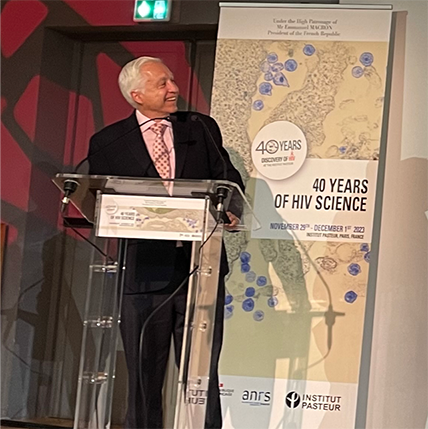 J. Victor Garcia-Martinez, Ph.D.In a groundbreaking presentation at the recent 40 Years of HIV Science conference held at the Pasteur Institute in Paris, J. Victor Garcia-Martinez, Ph.D., professor and Chair of Microbiology, explored the crucial role of resident microbiota in the acquisition and pathogenesis of two human-specific pathogens: Human Immunodeficiency Virus (HIV) and Epstein-Barr Virus (EBV).
J. Victor Garcia-Martinez, Ph.D.In a groundbreaking presentation at the recent 40 Years of HIV Science conference held at the Pasteur Institute in Paris, J. Victor Garcia-Martinez, Ph.D., professor and Chair of Microbiology, explored the crucial role of resident microbiota in the acquisition and pathogenesis of two human-specific pathogens: Human Immunodeficiency Virus (HIV) and Epstein-Barr Virus (EBV).
Empowering Diversity in Microbiology with Scott
 Ninecia Scott, Ph.D.
Ninecia Scott, Ph.D.
Ninecia Scott, Ph.D., was a dedicated postdoctoral researcher in the UAB Department of Microbiology with a notable academic background.
She earned her B.S. degrees in pharmaceutical sciences and biology from North Carolina Central University, historically black college and/or university (HBCU), and later completed her Ph.D. in molecular microbiology and microbial pathogenesis at Washington University in St. Louis, focusing on the immune system's impact on pulmonary Tuberculosis infections.
Read moreMcDaniel’s research expedition in the Netherlands
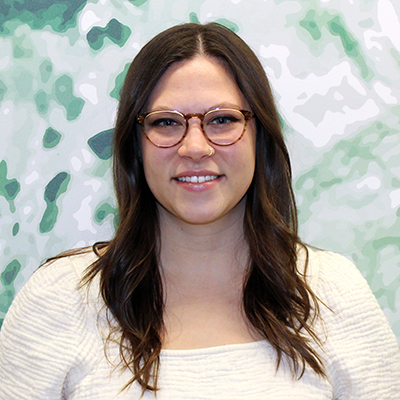 Melissa McDaniel, Ph.D.Melissa McDaniel, Ph.D., a postdoctoral researcher in the UAB Department of Microbiology, is preparing for an upcoming year of groundbreaking research at Radboud University Medical Center in the Netherlands.
Melissa McDaniel, Ph.D.Melissa McDaniel, Ph.D., a postdoctoral researcher in the UAB Department of Microbiology, is preparing for an upcoming year of groundbreaking research at Radboud University Medical Center in the Netherlands.
Her work revolves around the complex world of polymicrobial infections and the fascinating dynamics that shape the outcomes of chronic diseases.
Read moreDr. Louis Justement presents 2020 FASEB Public Service Award to Anthony Fauci
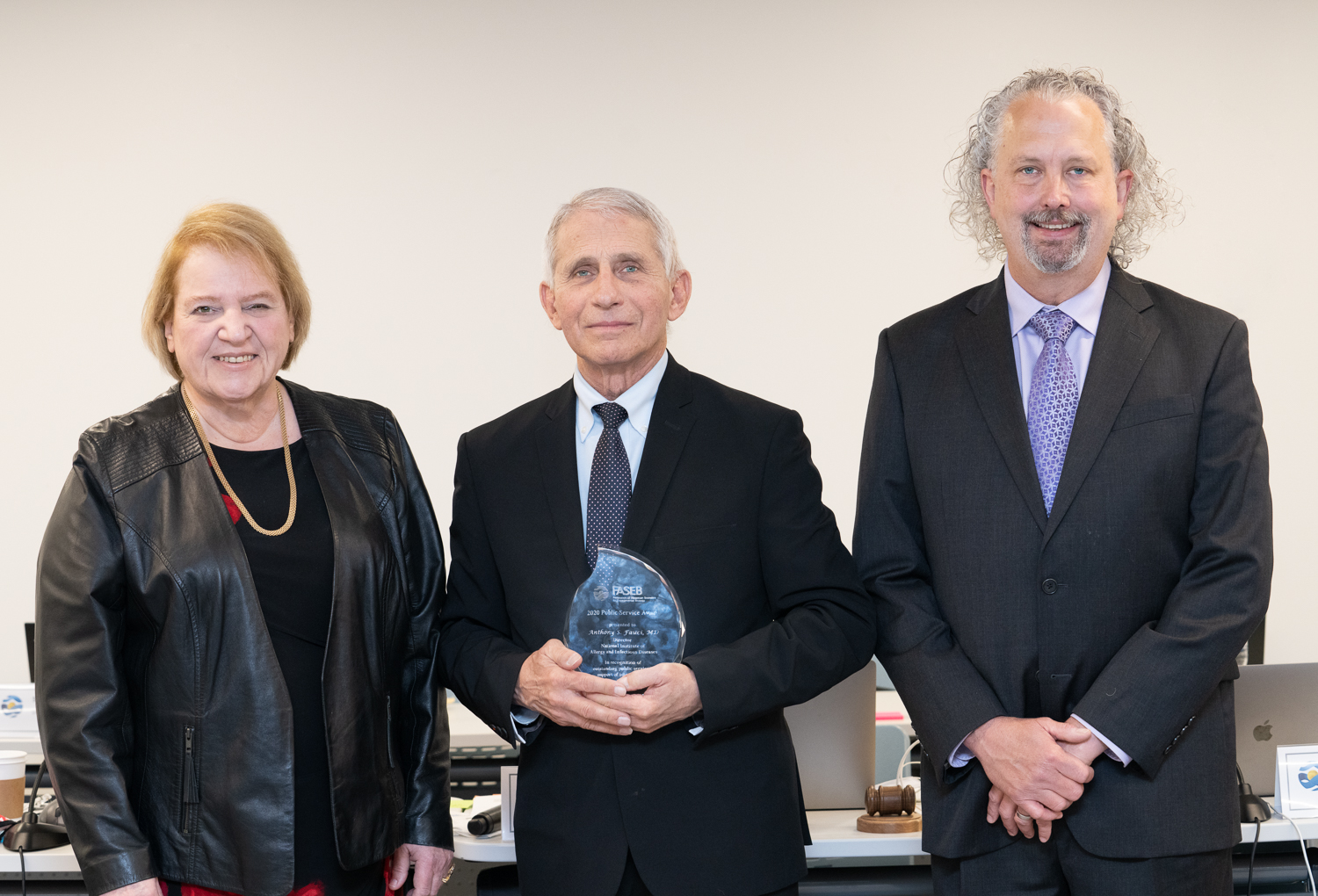
Dr. Anthony Fauci, Director of Nathional Institute of Allergy and Infectious Diseases, accepted the 2020 FASEB Public Service Award March 24, 2022. FASEB President Patricia Morris and Past President Louis Justement presented the award. The award presentation was delayed due to COVID-19. FASEB's Public Service Award, recognizes individuals who have made outstanding conributions to the cause of biomedical or biological research through their work in government, public affairs, the media, the law, the arts, or related fields.
Dr. Hubert Tse on National Diabetes Awareness Month
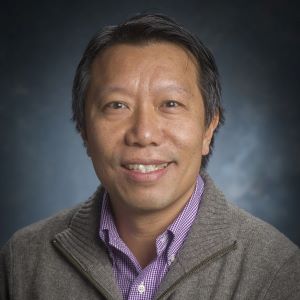 A part of the UAB family for over 12 years, Hubert Tse, Ph.D., professor in the Department of Microbiology, is an expert in diabetes research. Tse’s research interests in Microbiology include understanding the immunological mechanisms involved in Type 1 diabetes pathogenesis and islet transplantation rejection. Tse has been published in several peer-reviewed publications, including Journal of Immunology, Immunohorizons, and Diabetes, and has received a number of grants, awards, and honors.
A part of the UAB family for over 12 years, Hubert Tse, Ph.D., professor in the Department of Microbiology, is an expert in diabetes research. Tse’s research interests in Microbiology include understanding the immunological mechanisms involved in Type 1 diabetes pathogenesis and islet transplantation rejection. Tse has been published in several peer-reviewed publications, including Journal of Immunology, Immunohorizons, and Diabetes, and has received a number of grants, awards, and honors.
David Briles retiring from UAB, after 43 dedicated years
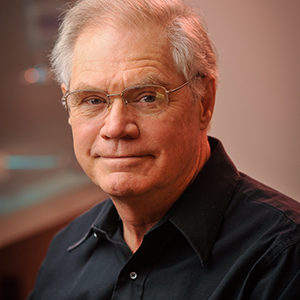 A member of the University of Alabama at Birmingham’s School of Medicine Faculty since 1978, David Briles, Ph.D., has been a trailblazer in the field of Streptococcus pneumoniae vaccine development and pathogenesis.
A member of the University of Alabama at Birmingham’s School of Medicine Faculty since 1978, David Briles, Ph.D., has been a trailblazer in the field of Streptococcus pneumoniae vaccine development and pathogenesis.
Dr. Ubil Faculty Spotlight
By Stefan Tuomanen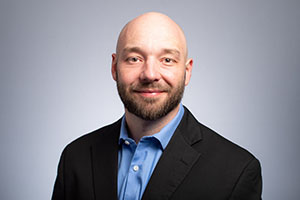 Welcome to another UAB Faculty spotlight. This month we are featuring Dr. Eric Ubil, PhD, MBA.
Welcome to another UAB Faculty spotlight. This month we are featuring Dr. Eric Ubil, PhD, MBA.
Press release from Microbiology’s 2019 lay writing workshop
The microbiology department held a three day writing seminar for UAB students and postdoctoral employees in May 2019. The purpose of which was to teach graduate students and post‐docs how to effectively communicate science to a lay audience. The department invited Dr. Nicki LeBrasseur, the senior director of scientific communications at DNA Communications to instruct the on and off campus portions of the course. The students were tasked with writing a press release on an assigned paper and were given feedback. Sara Stoner (Scoffield lab) participated in the workshop and her article featuring Dr. Gray's research is below.
Read moreSecond press release from Microbiology’s 2019 lay writing workshop
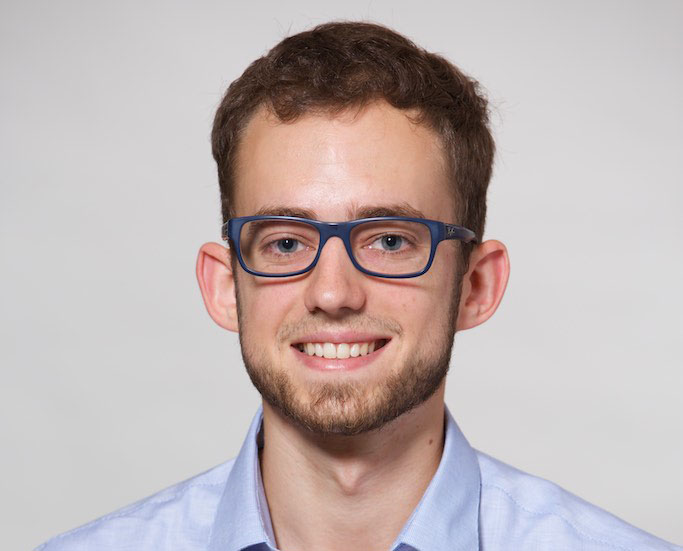 The microbiology department held a three day writing seminar for UAB students and postdoctoral employees in May 2019. The purpose of which was to teach graduate students and post‐docs how to effectively communicate science to a lay audience. The department invited Dr. Nicki LeBrasseur, the senior director of scientific communications at DNA Communications to instruct the on and off campus portions of the course. The students were tasked with writing a press release on an assigned paper and were given feedback. Dominik Herrmann (Saad lab) participated in the workshop and his article featuring Dr. Thompson's research is below.
The microbiology department held a three day writing seminar for UAB students and postdoctoral employees in May 2019. The purpose of which was to teach graduate students and post‐docs how to effectively communicate science to a lay audience. The department invited Dr. Nicki LeBrasseur, the senior director of scientific communications at DNA Communications to instruct the on and off campus portions of the course. The students were tasked with writing a press release on an assigned paper and were given feedback. Dominik Herrmann (Saad lab) participated in the workshop and his article featuring Dr. Thompson's research is below.
New virologist joins Microbiology
By Stefan Tuomanen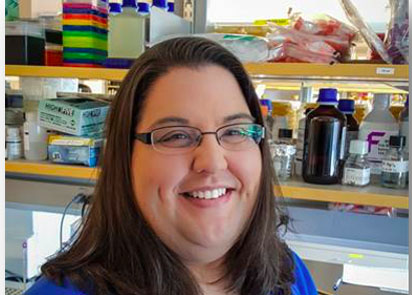 Welcome to the October Faculty Spotlight. This time we are featuring new Assistant Professor, Dr. Carrie B. Coleman.
Welcome to the October Faculty Spotlight. This time we are featuring new Assistant Professor, Dr. Carrie B. Coleman.
Meet Our Pioneering Immunology Educator, Dr. Louis Justement, PhD.
By Stefan Tuomanen
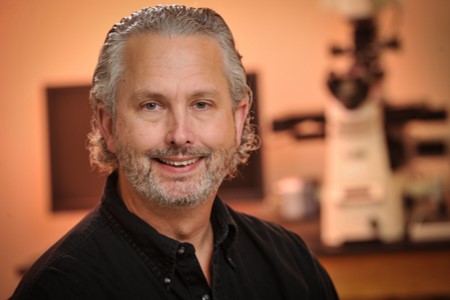 Our profile this month introduces one of the best educators in Immunology: Dr. Louis Justement, Ph.D. Dr. Justement trained at Ohio State University in the Department of Microbiology, specializing in Immunology, and at the National Jewish Medical Research Center, in Denver, where his research focused on understanding the cellular and molecular processes that regulate aspects of B cell biology.
Our profile this month introduces one of the best educators in Immunology: Dr. Louis Justement, Ph.D. Dr. Justement trained at Ohio State University in the Department of Microbiology, specializing in Immunology, and at the National Jewish Medical Research Center, in Denver, where his research focused on understanding the cellular and molecular processes that regulate aspects of B cell biology.
